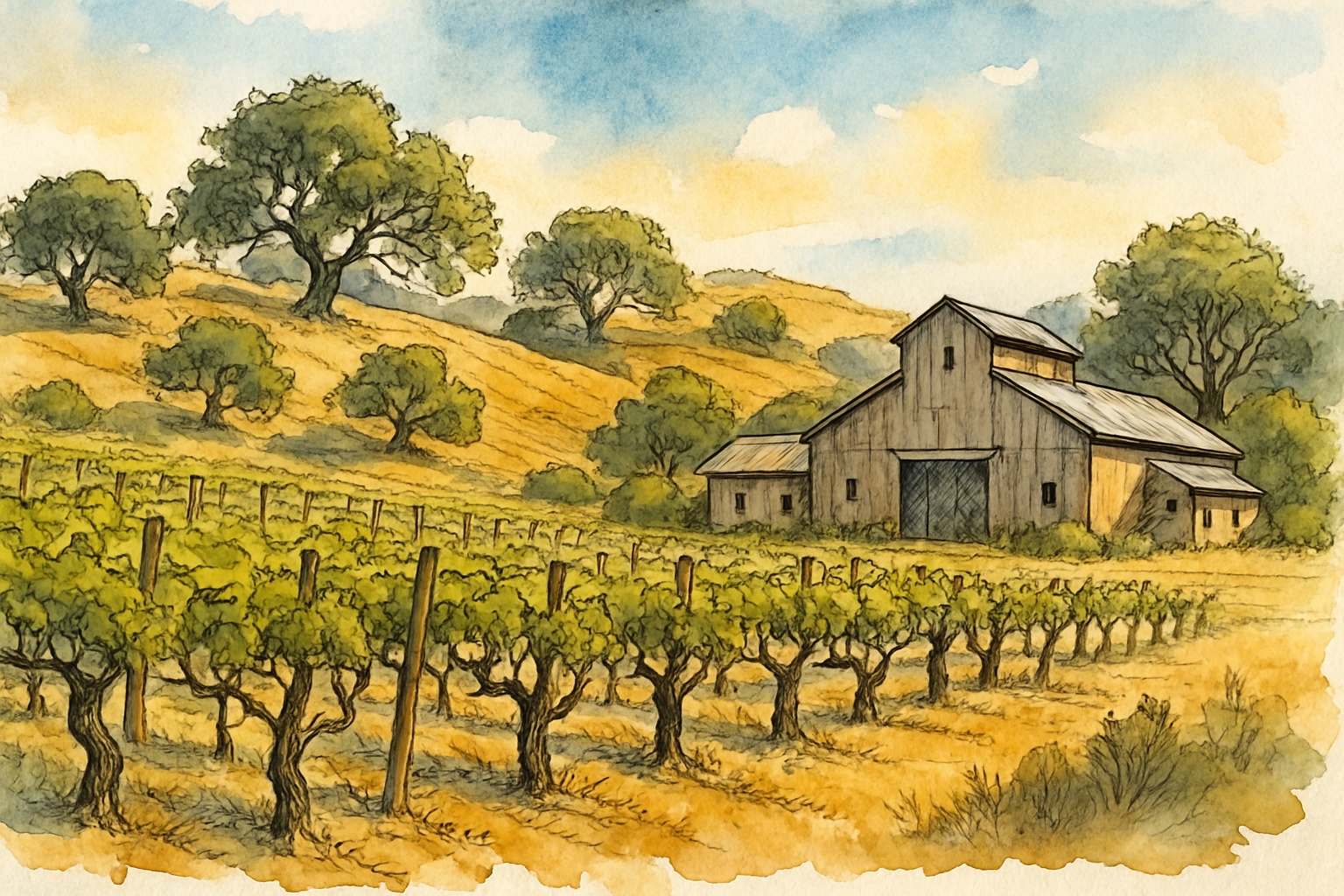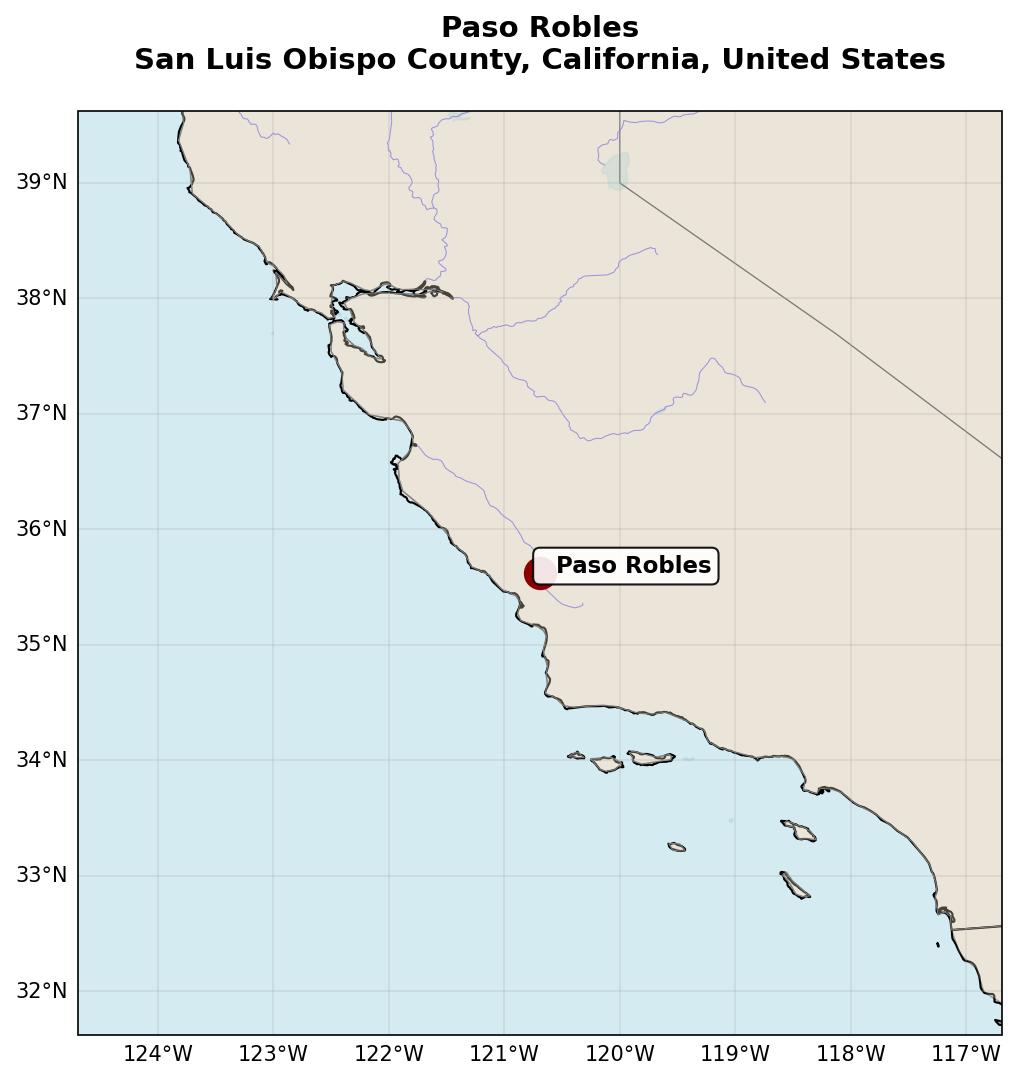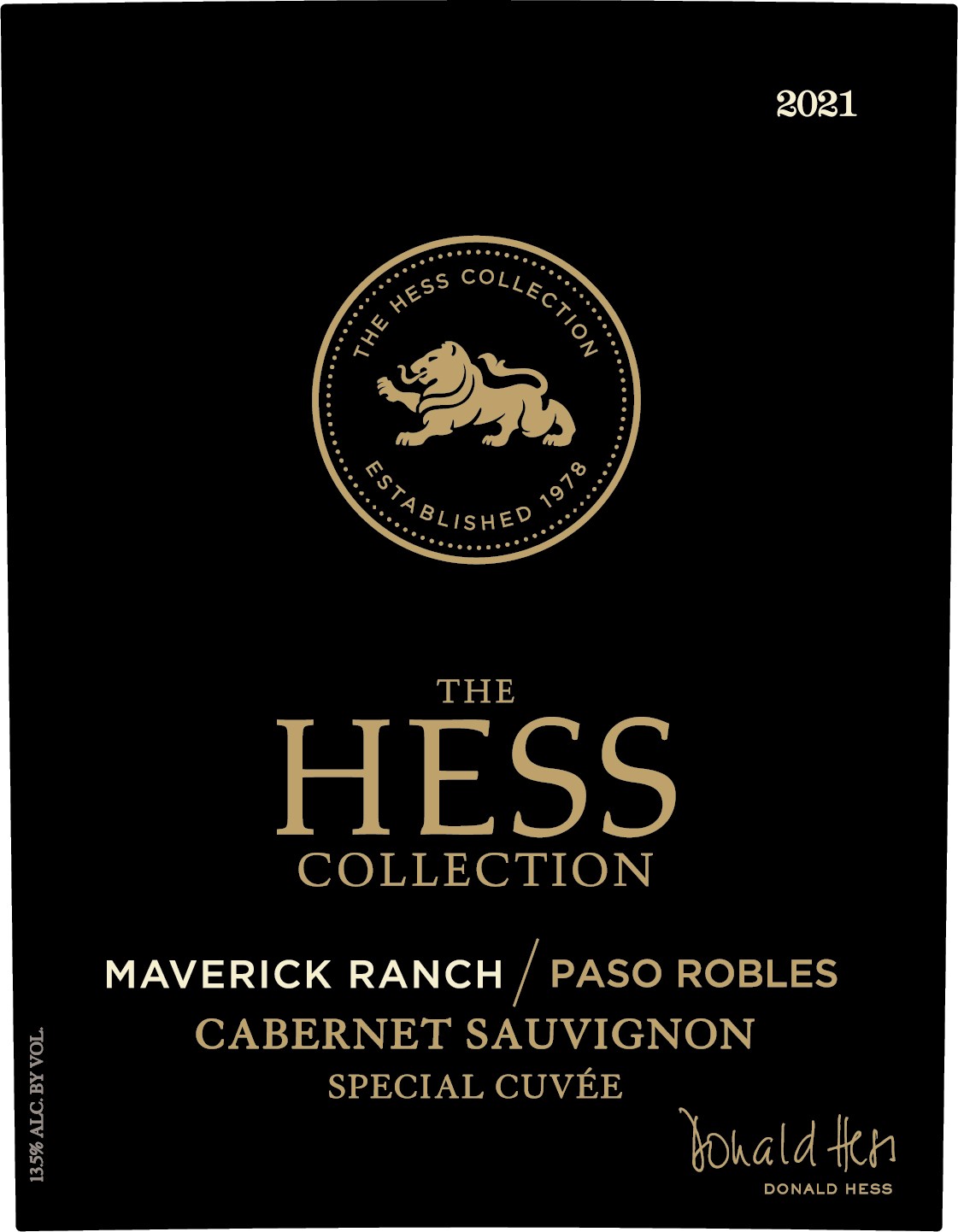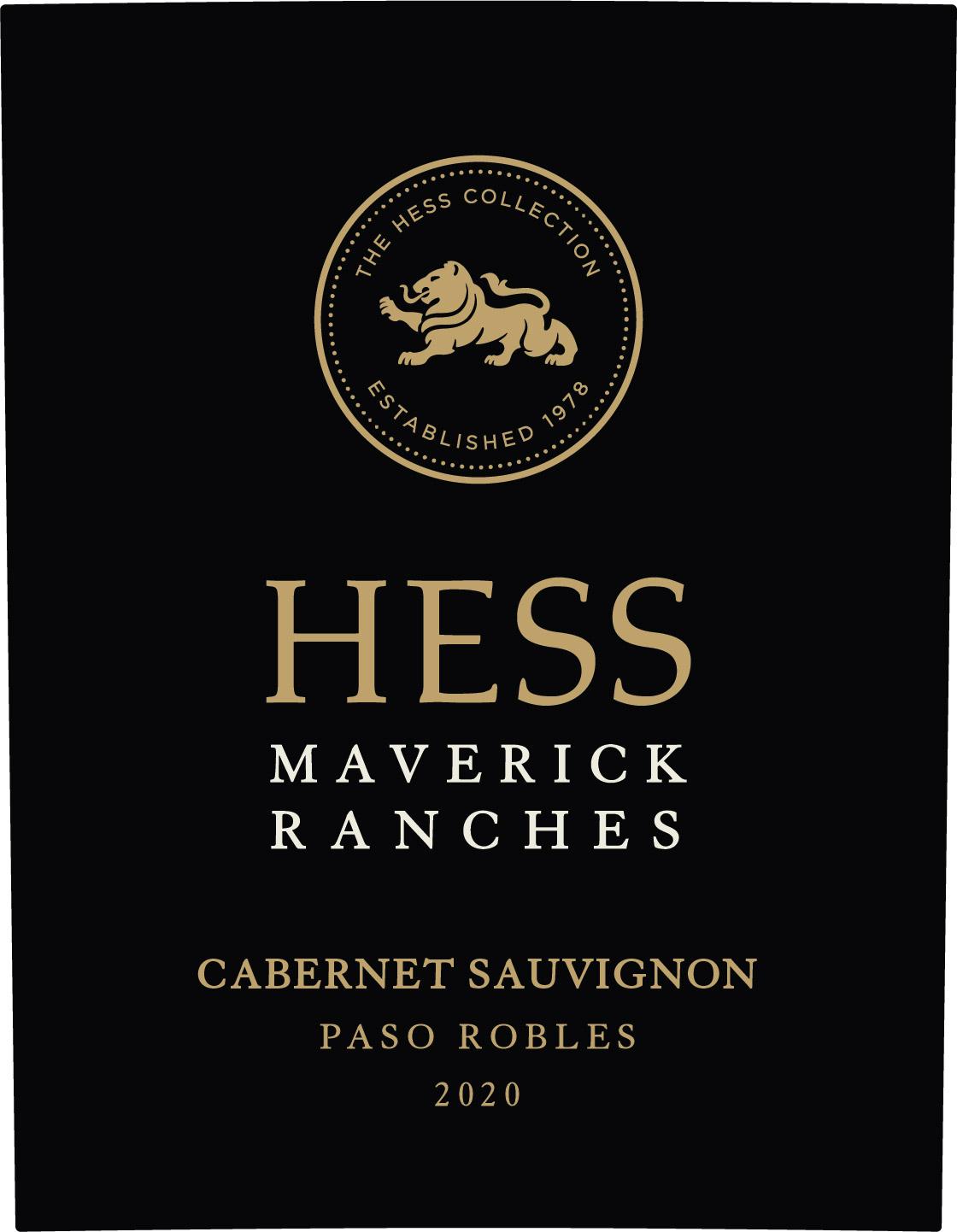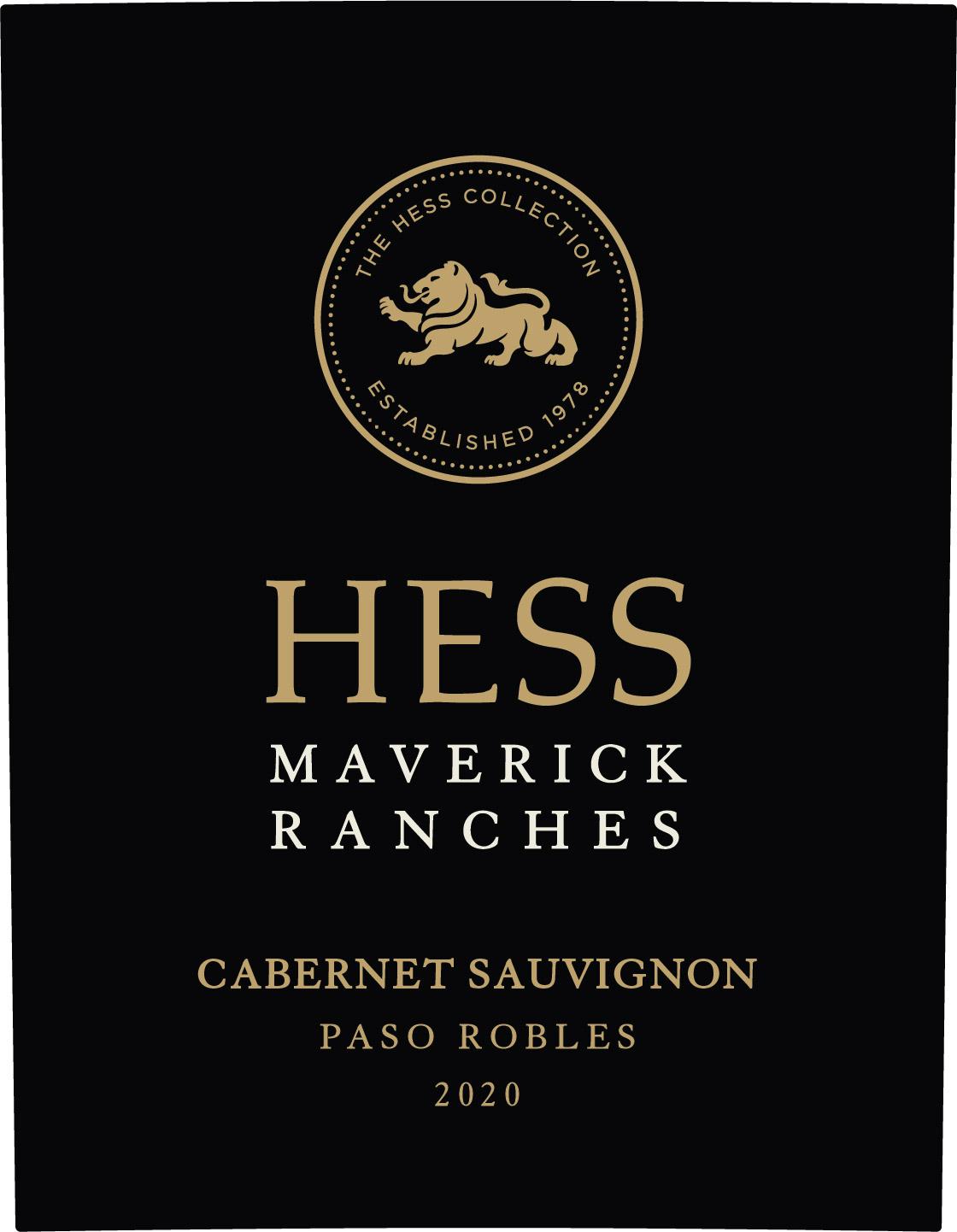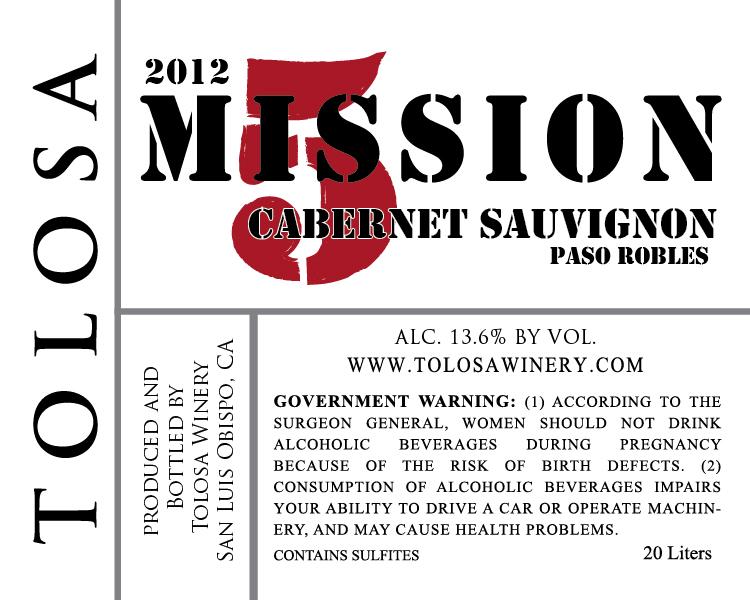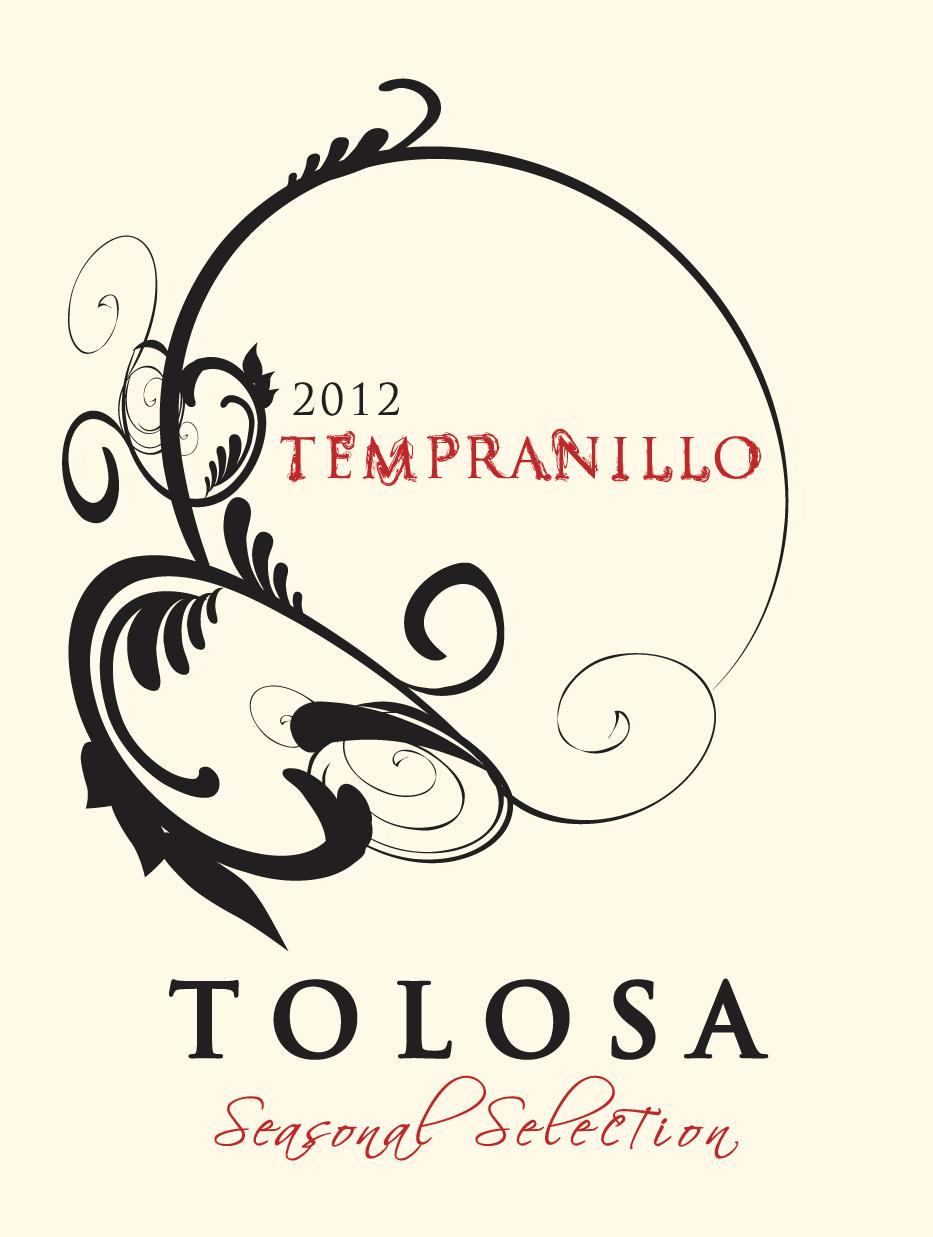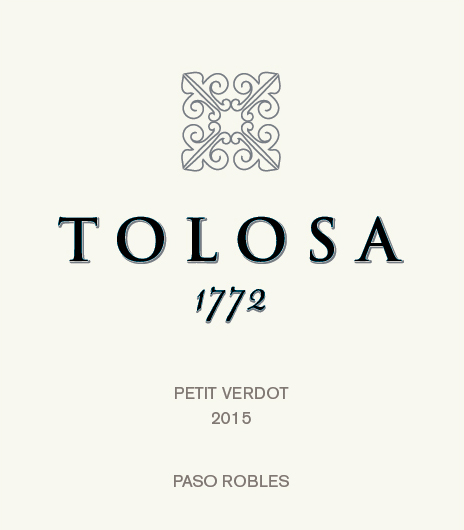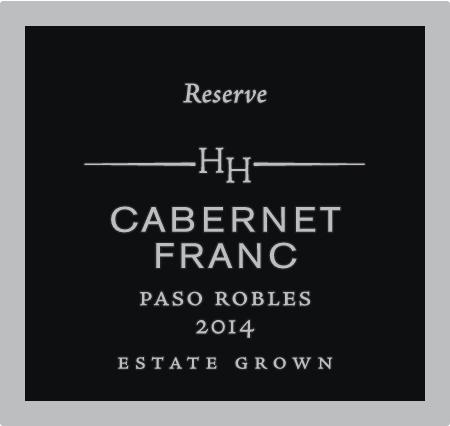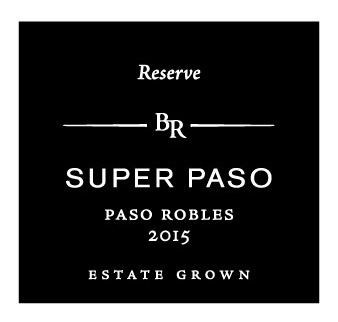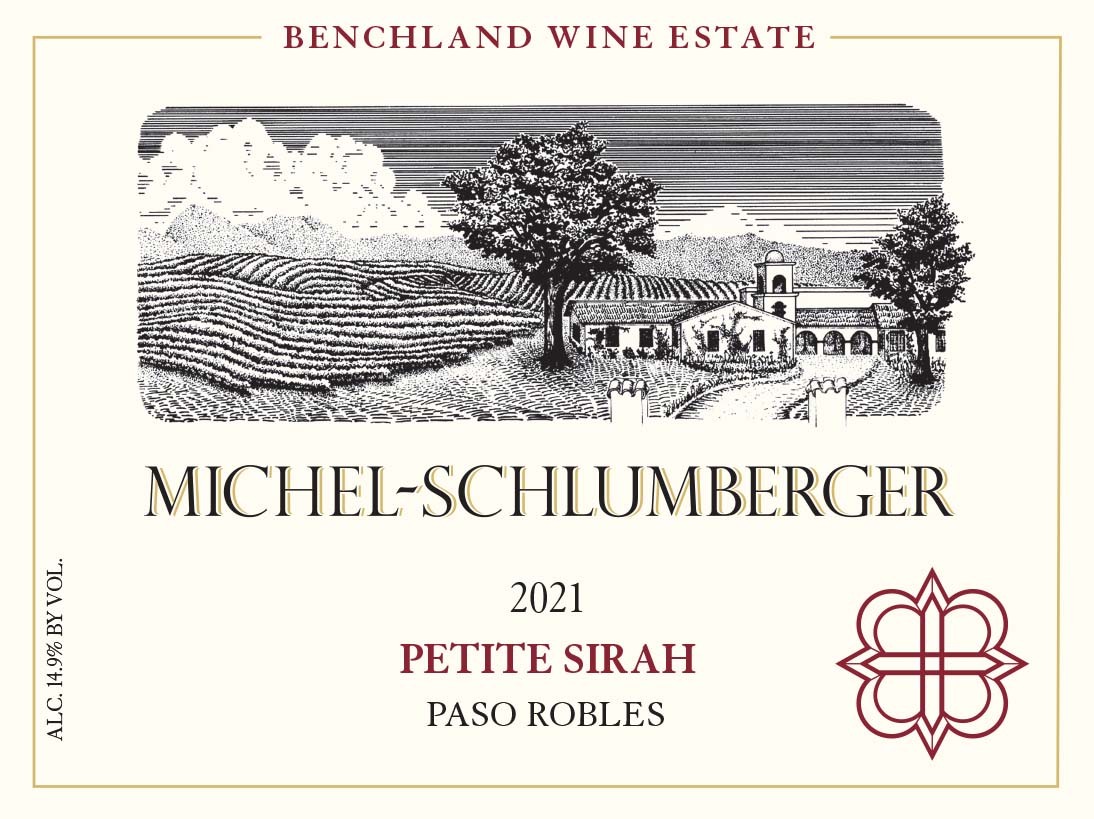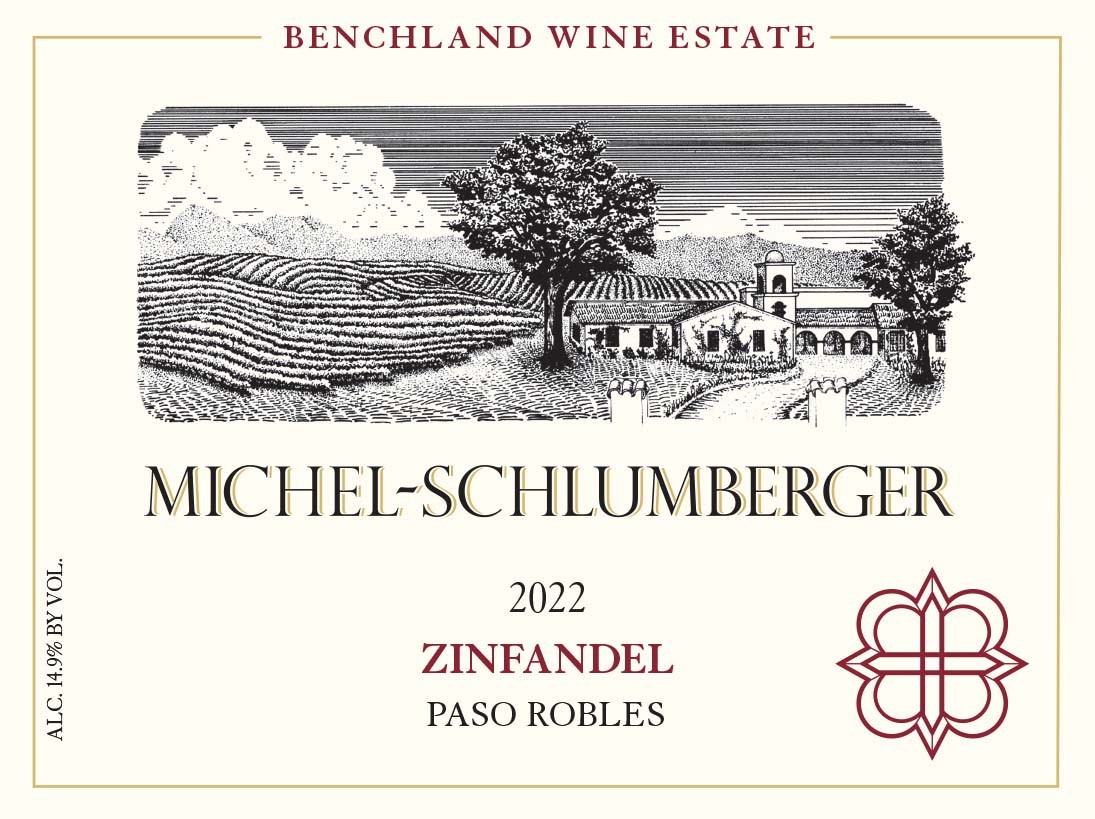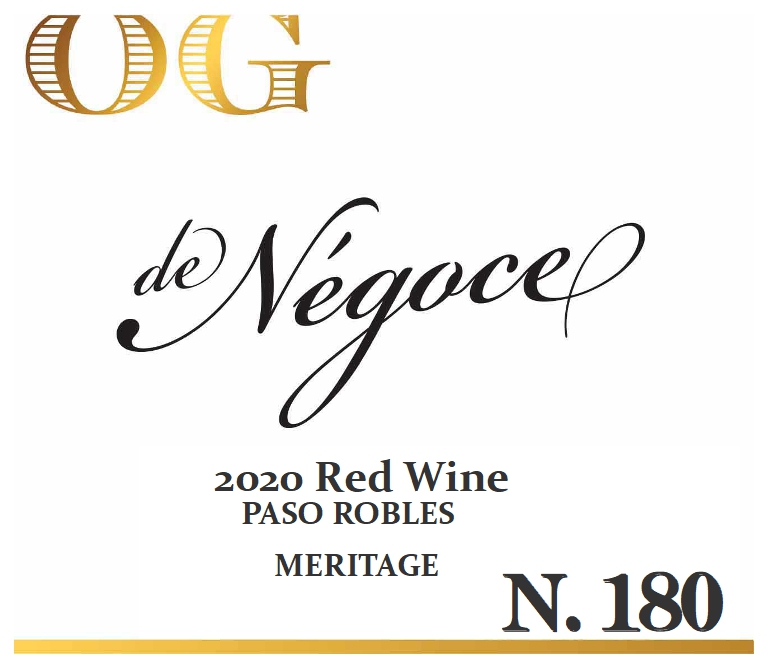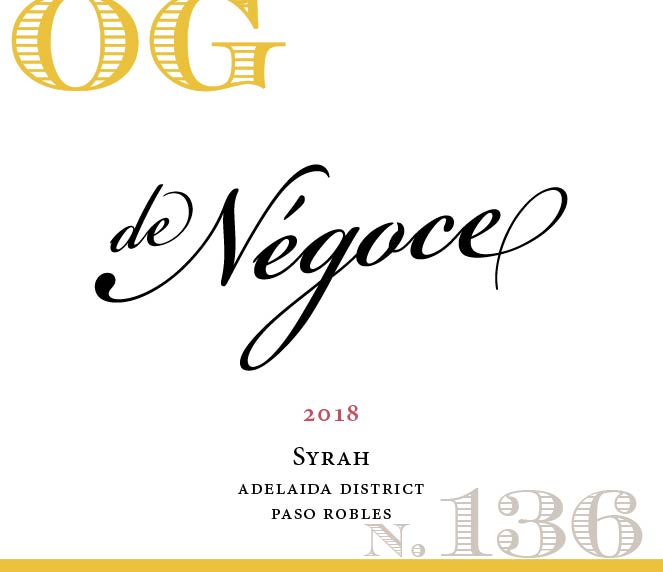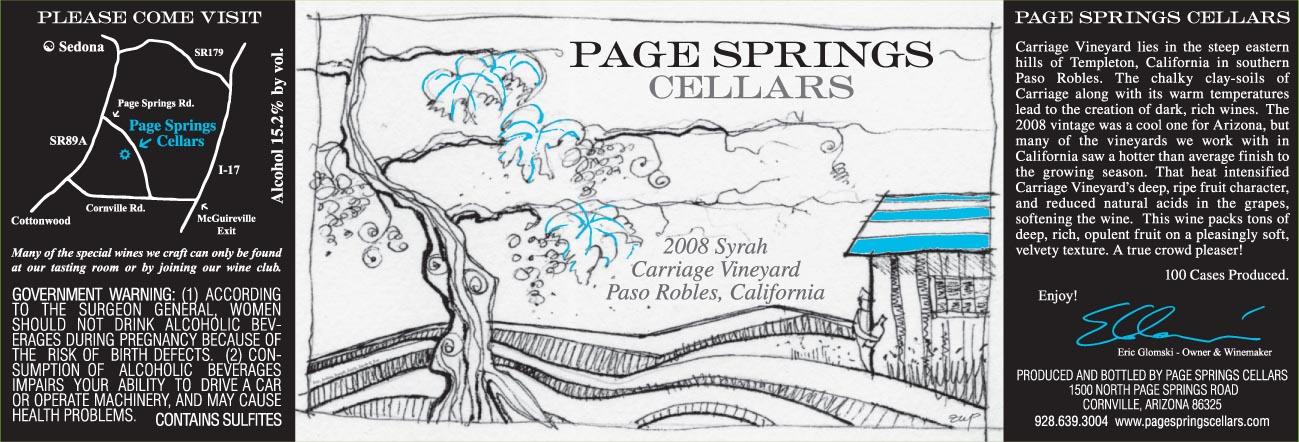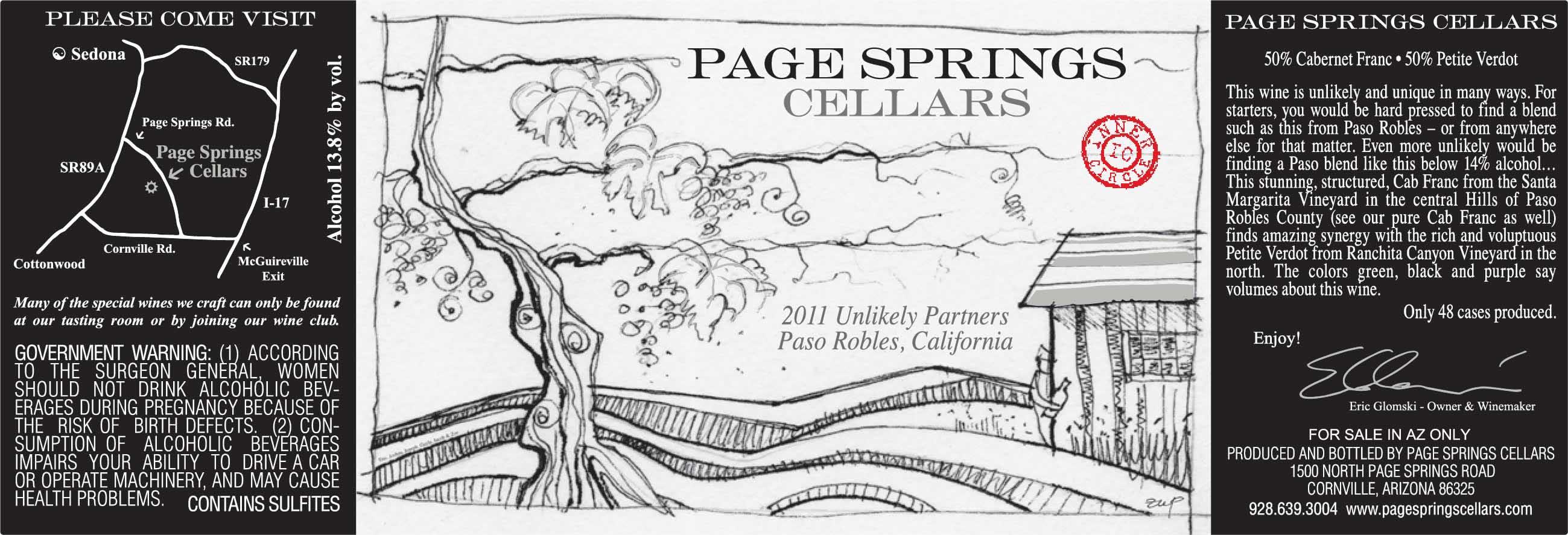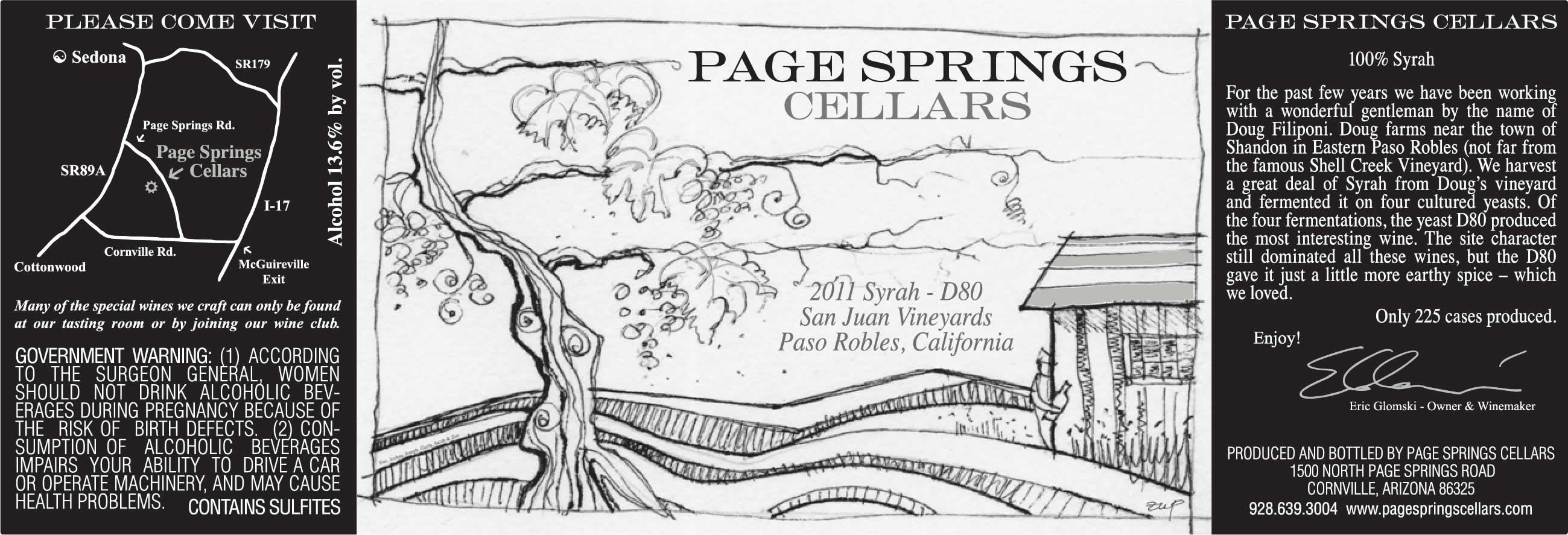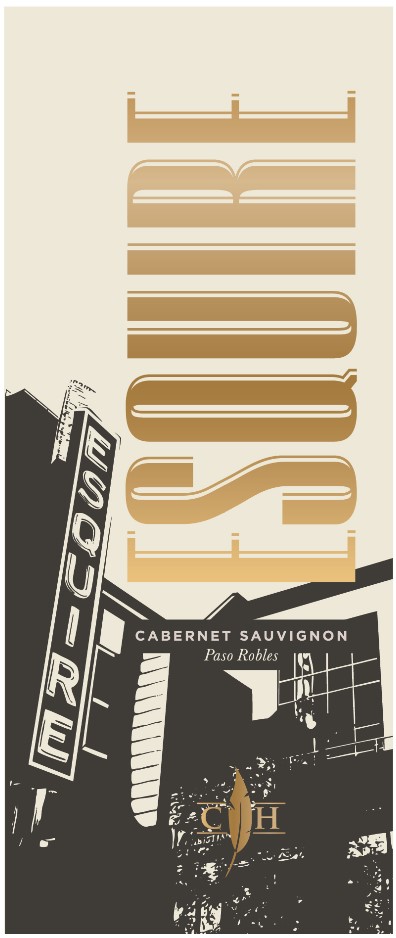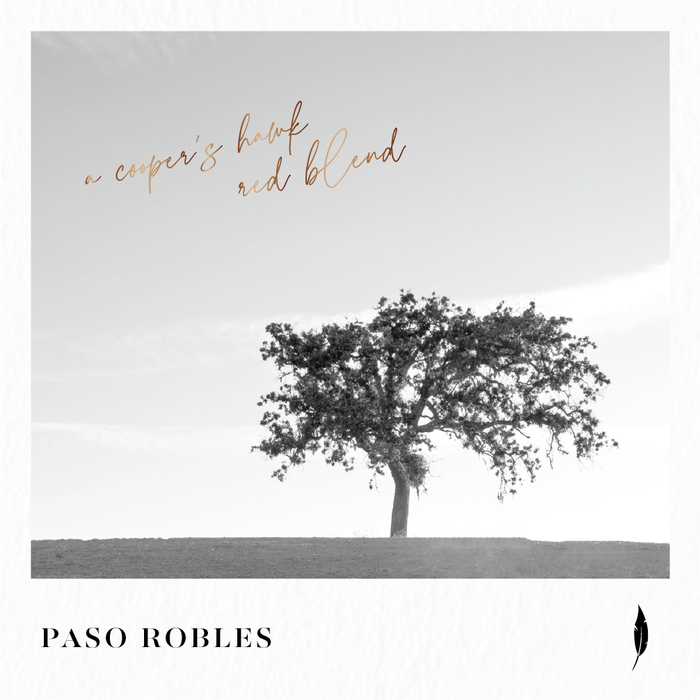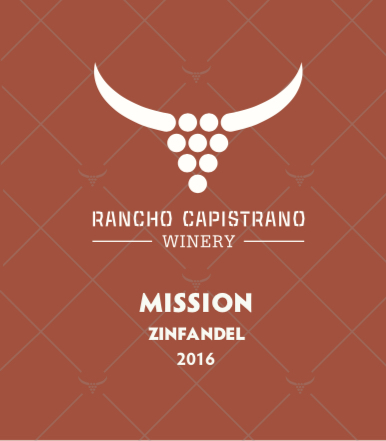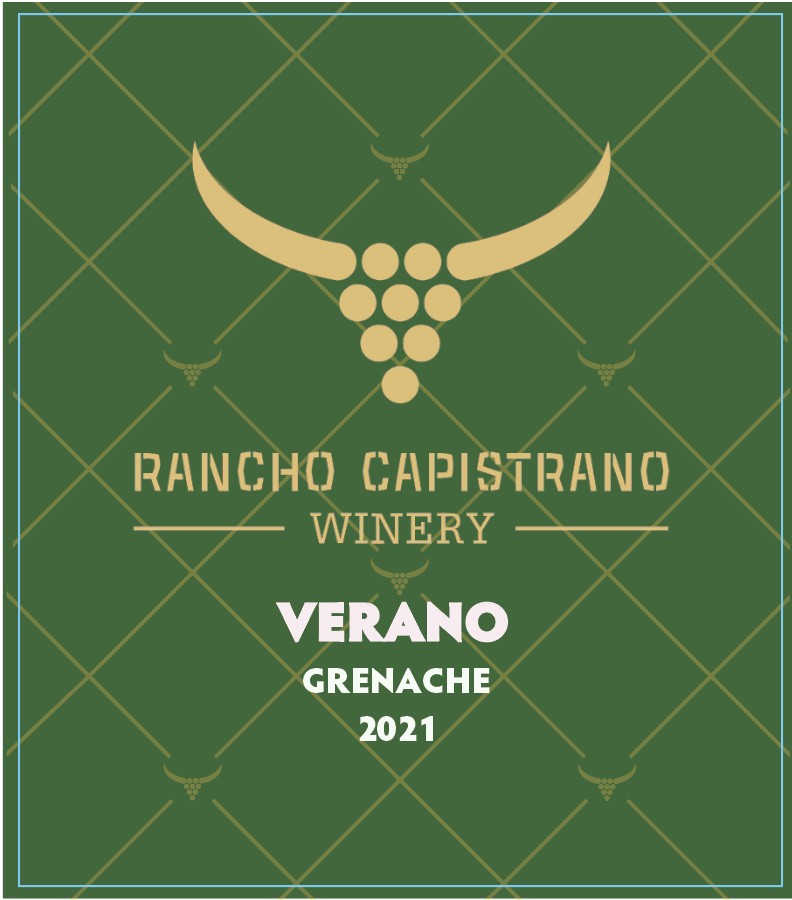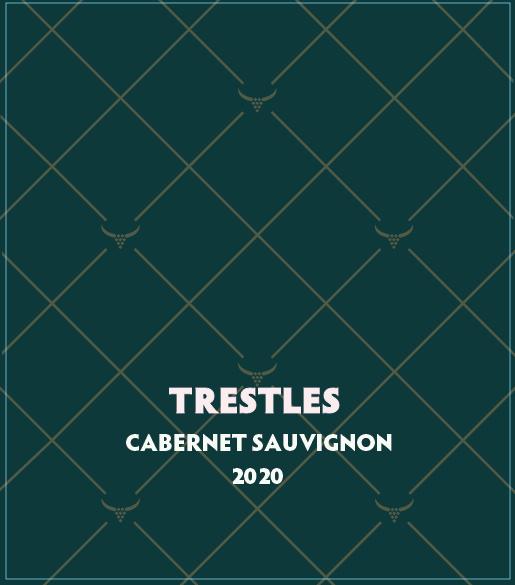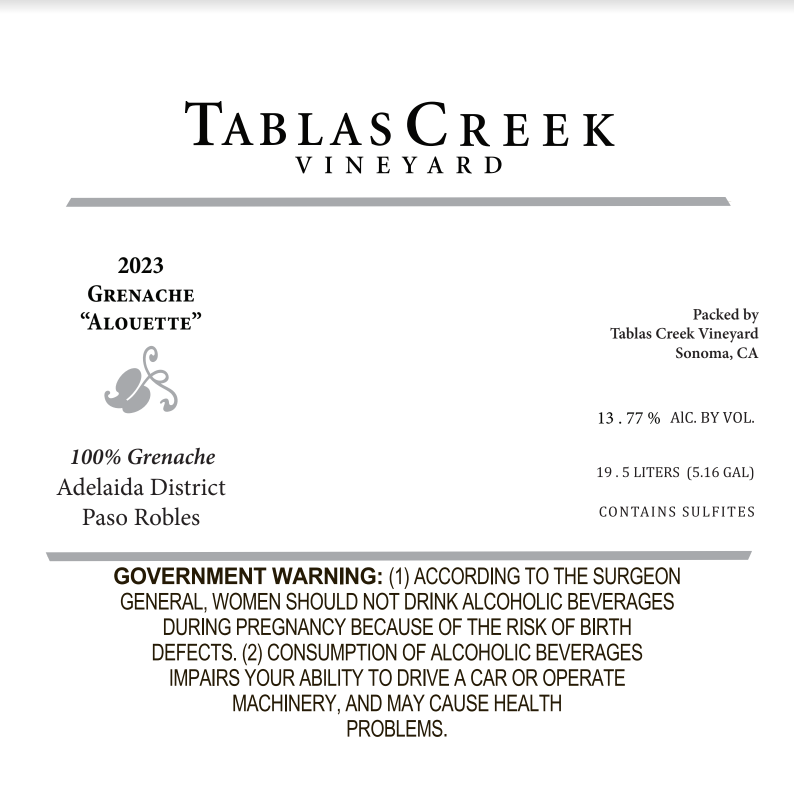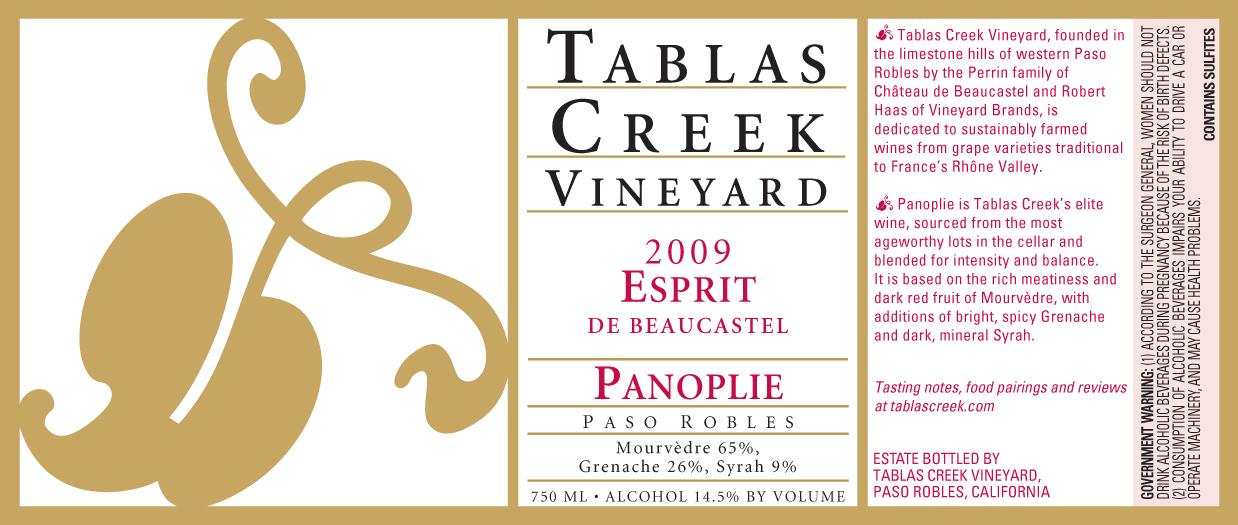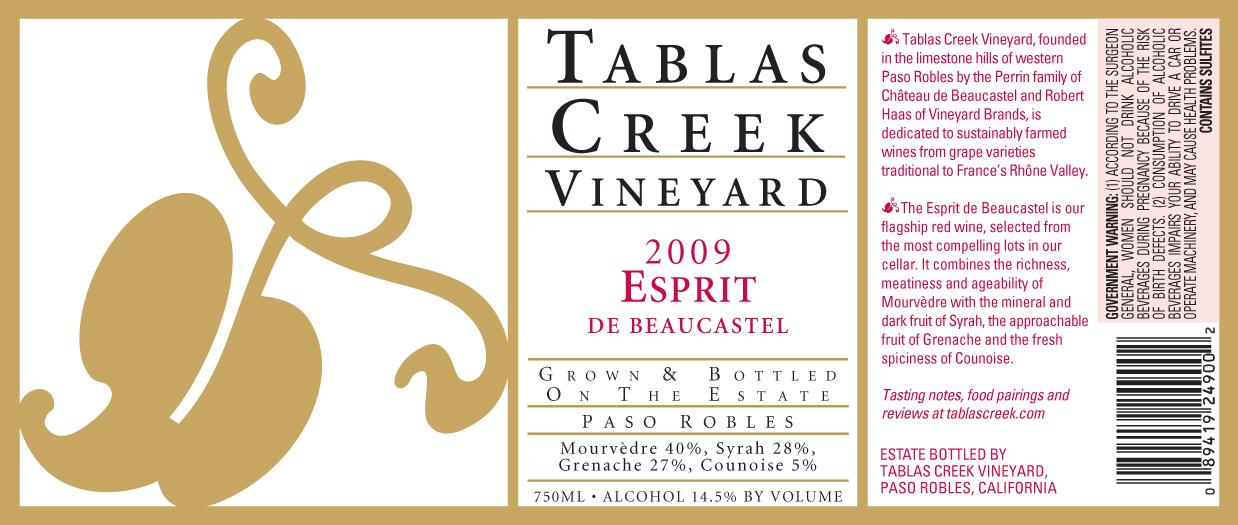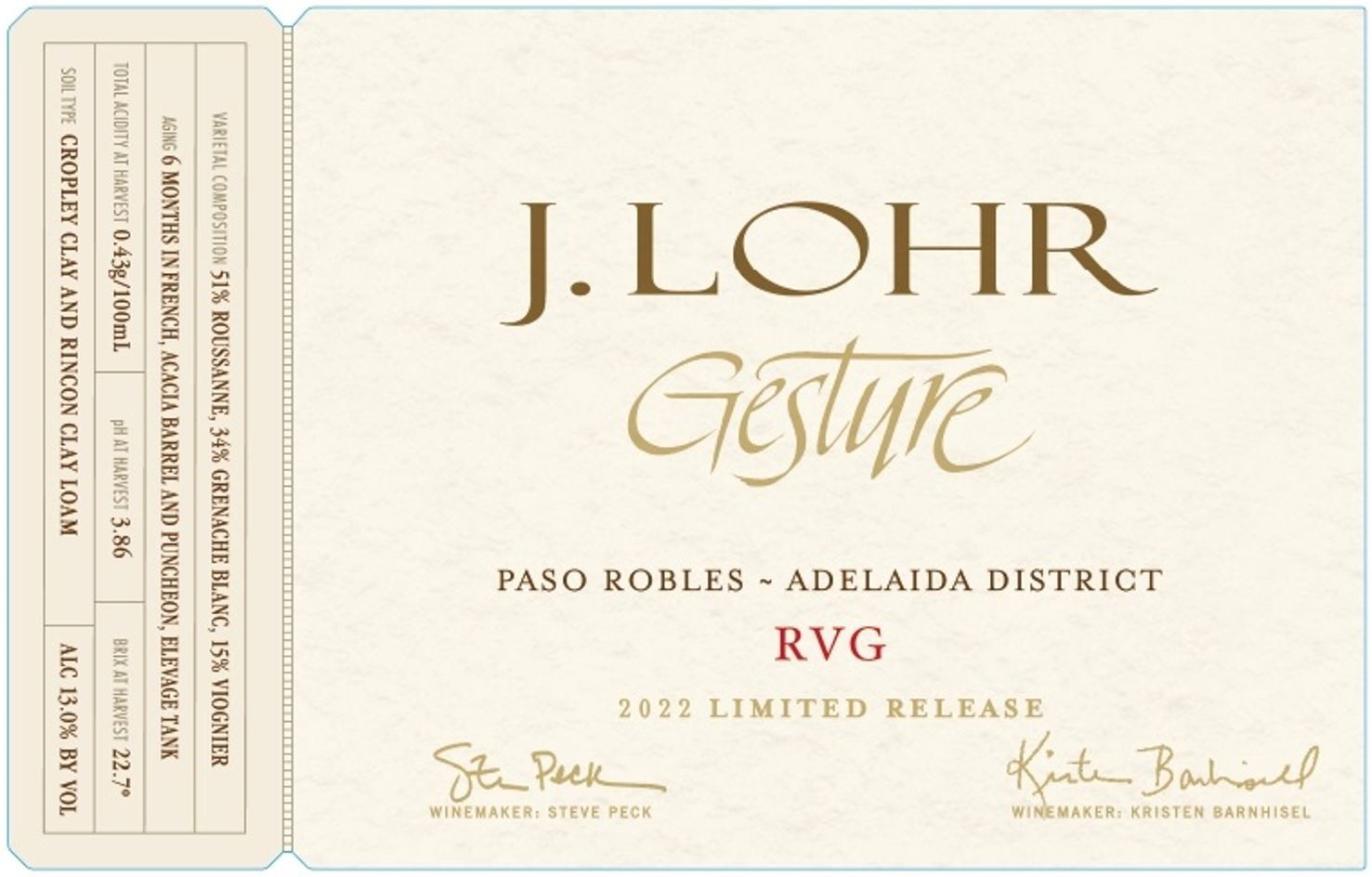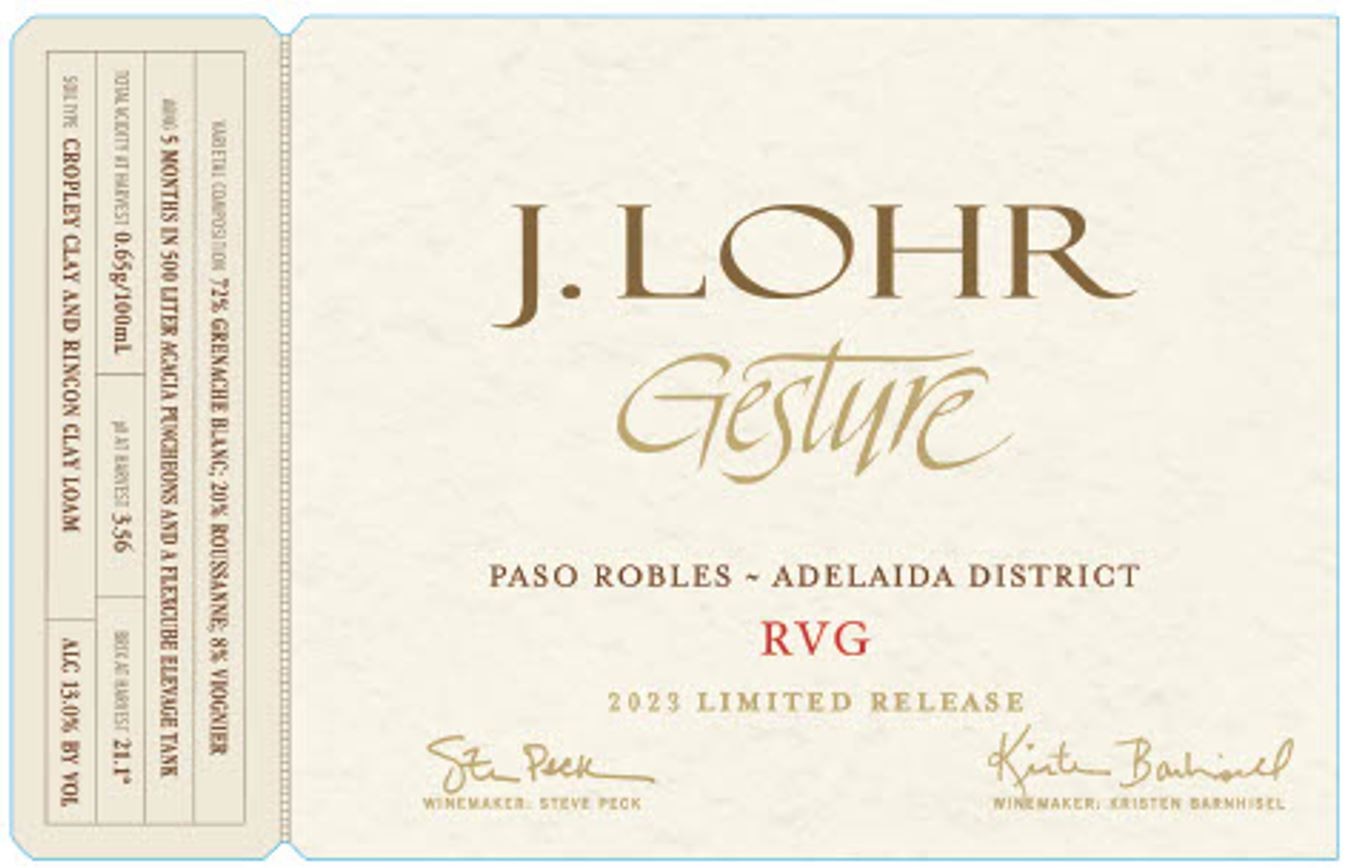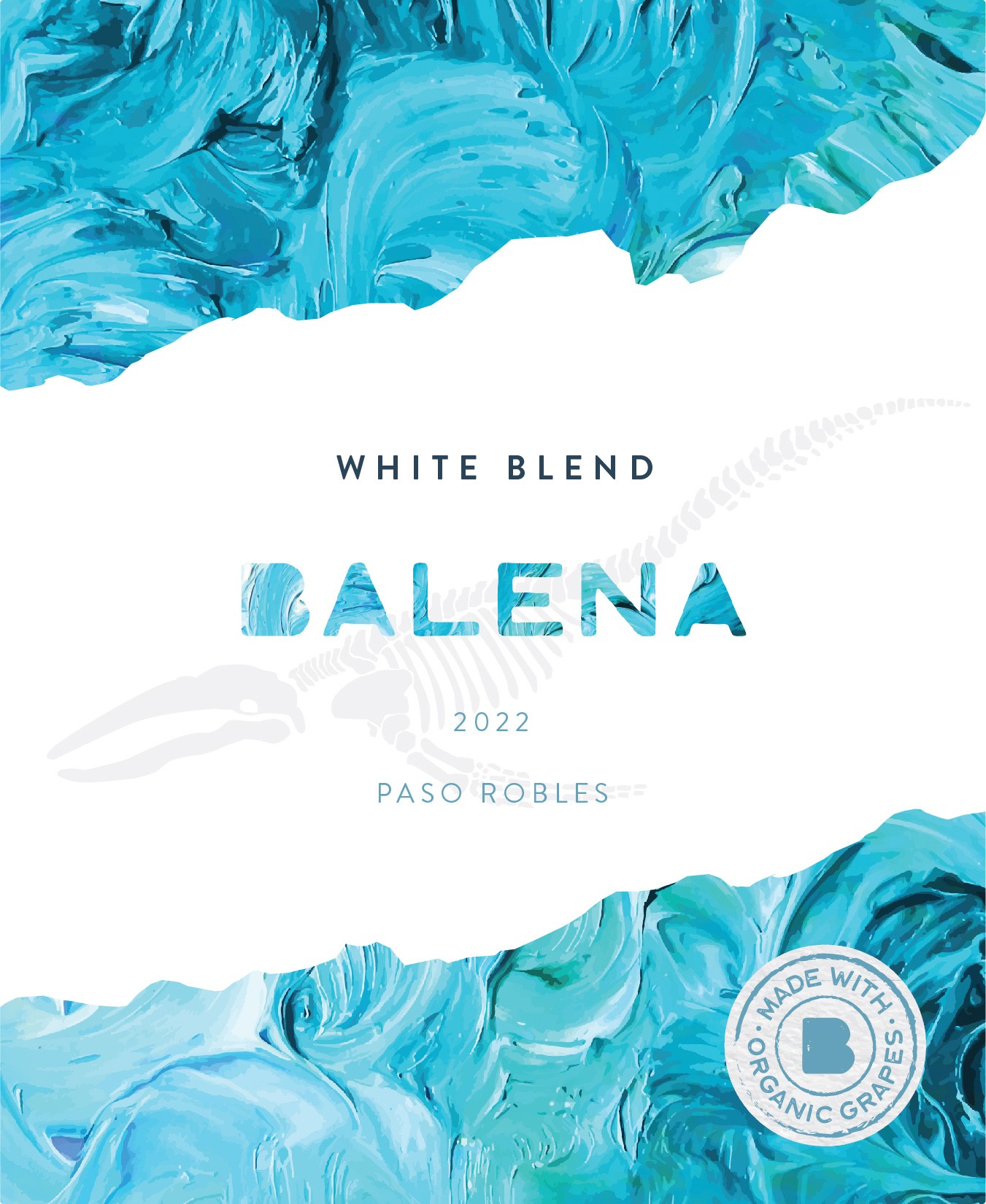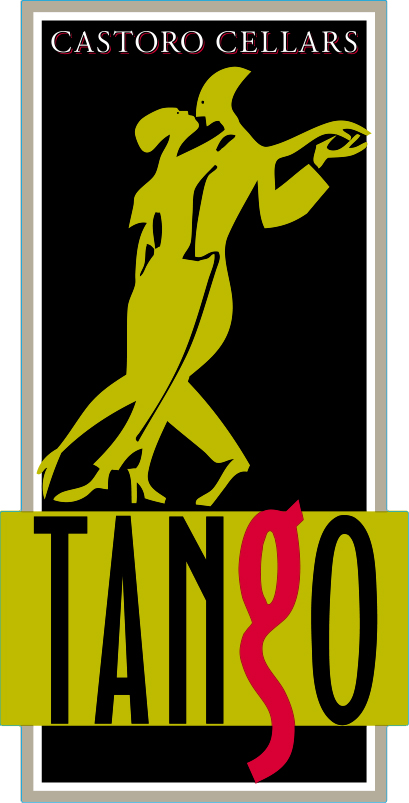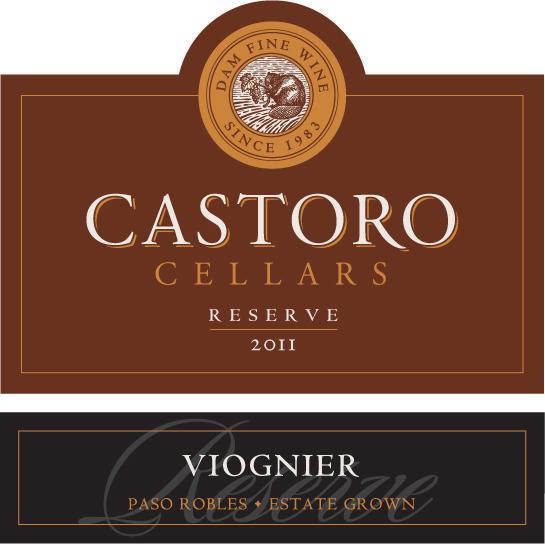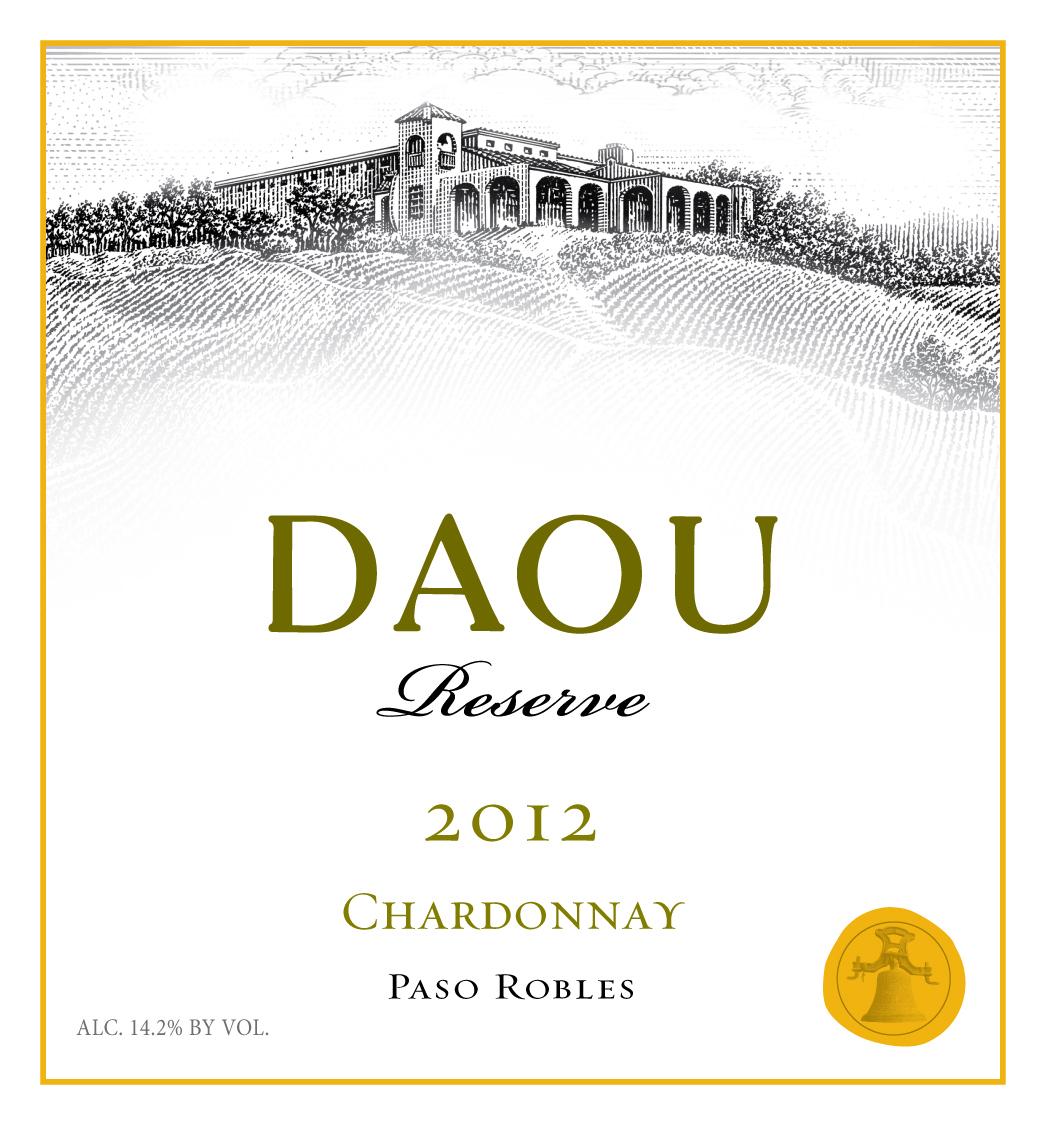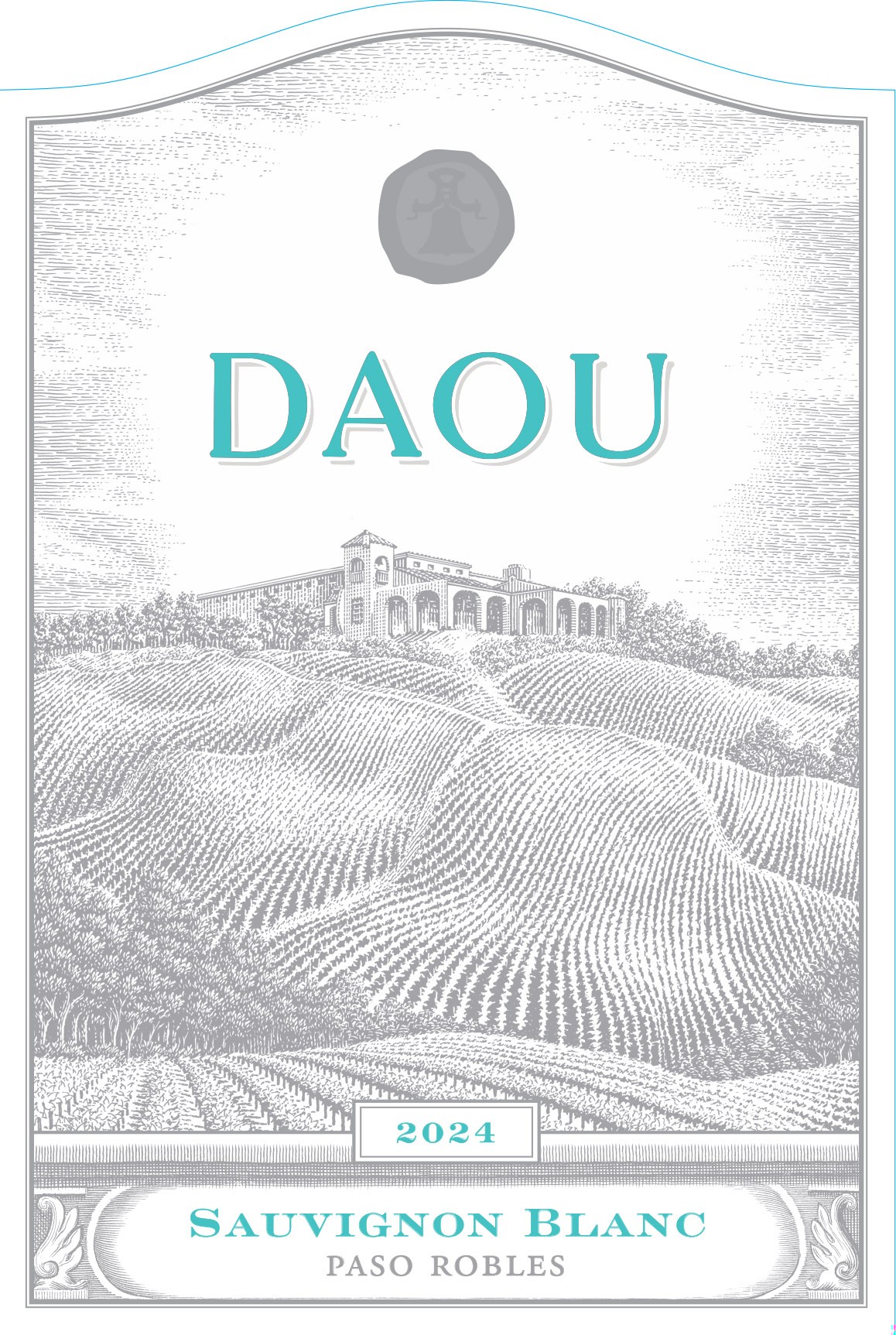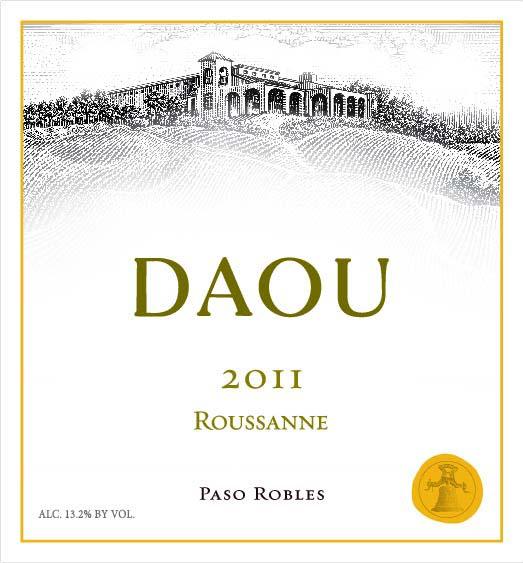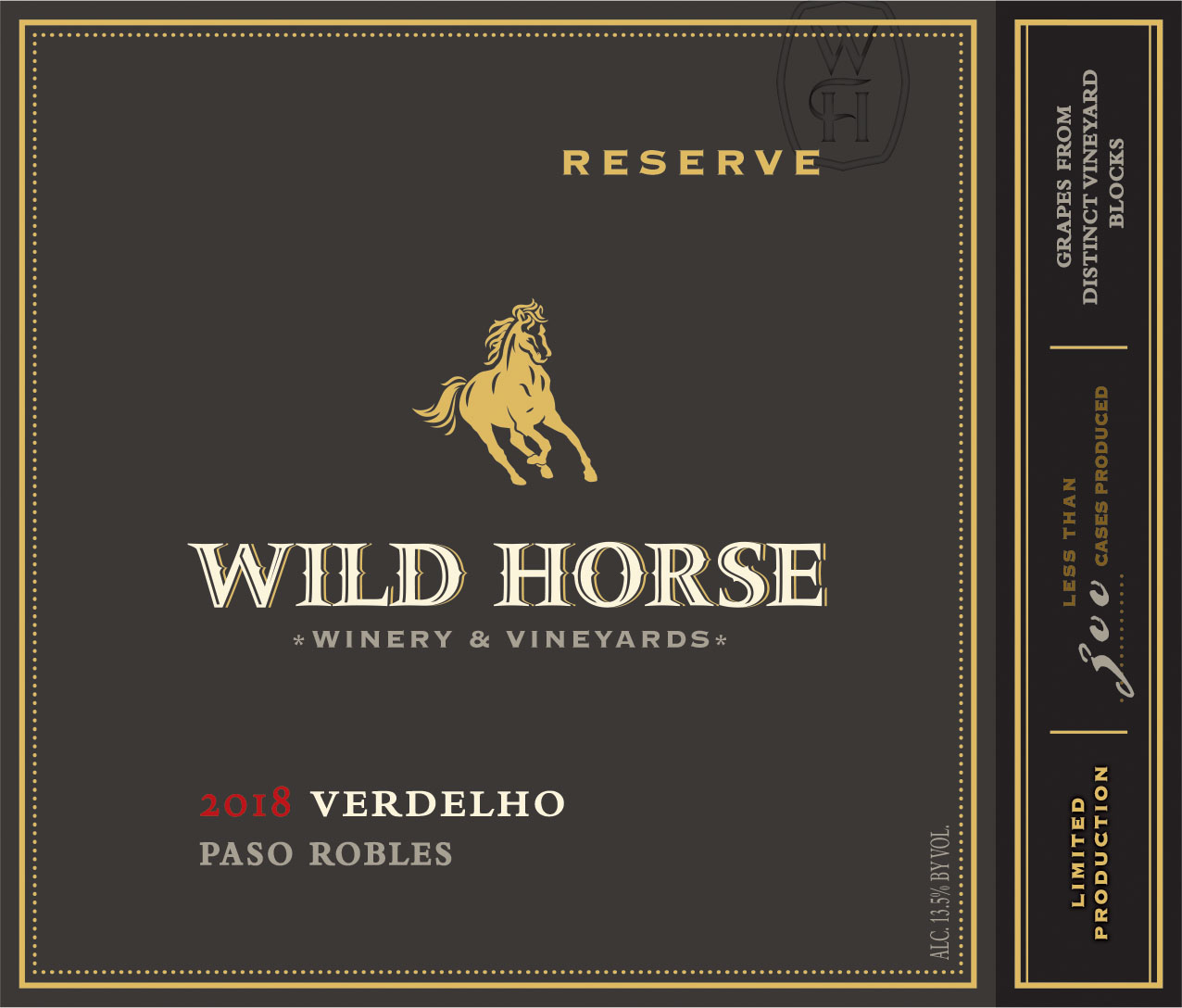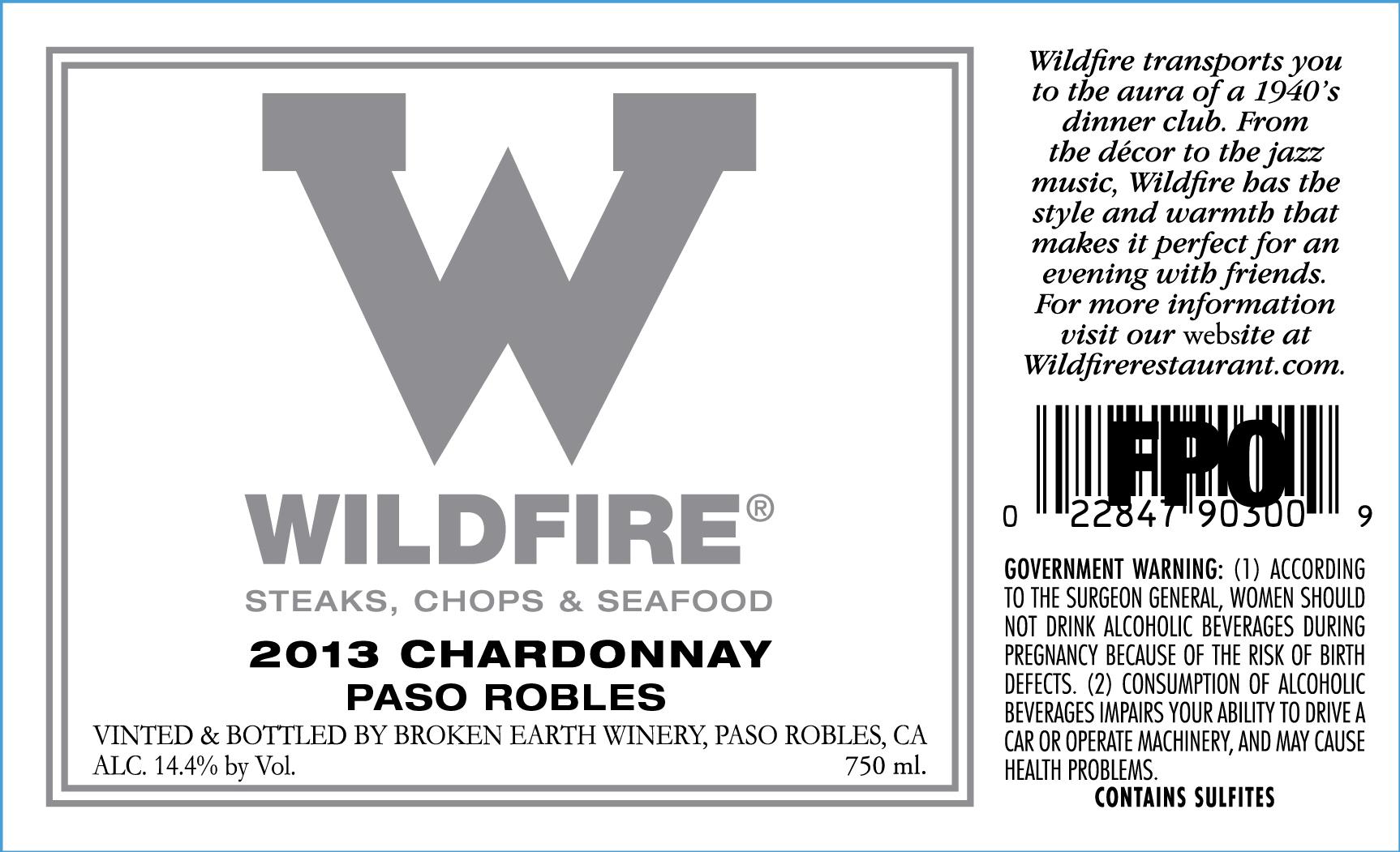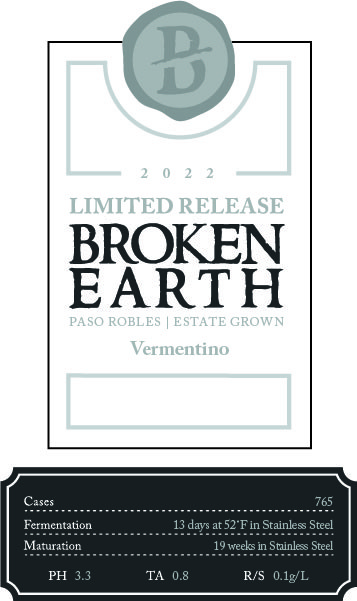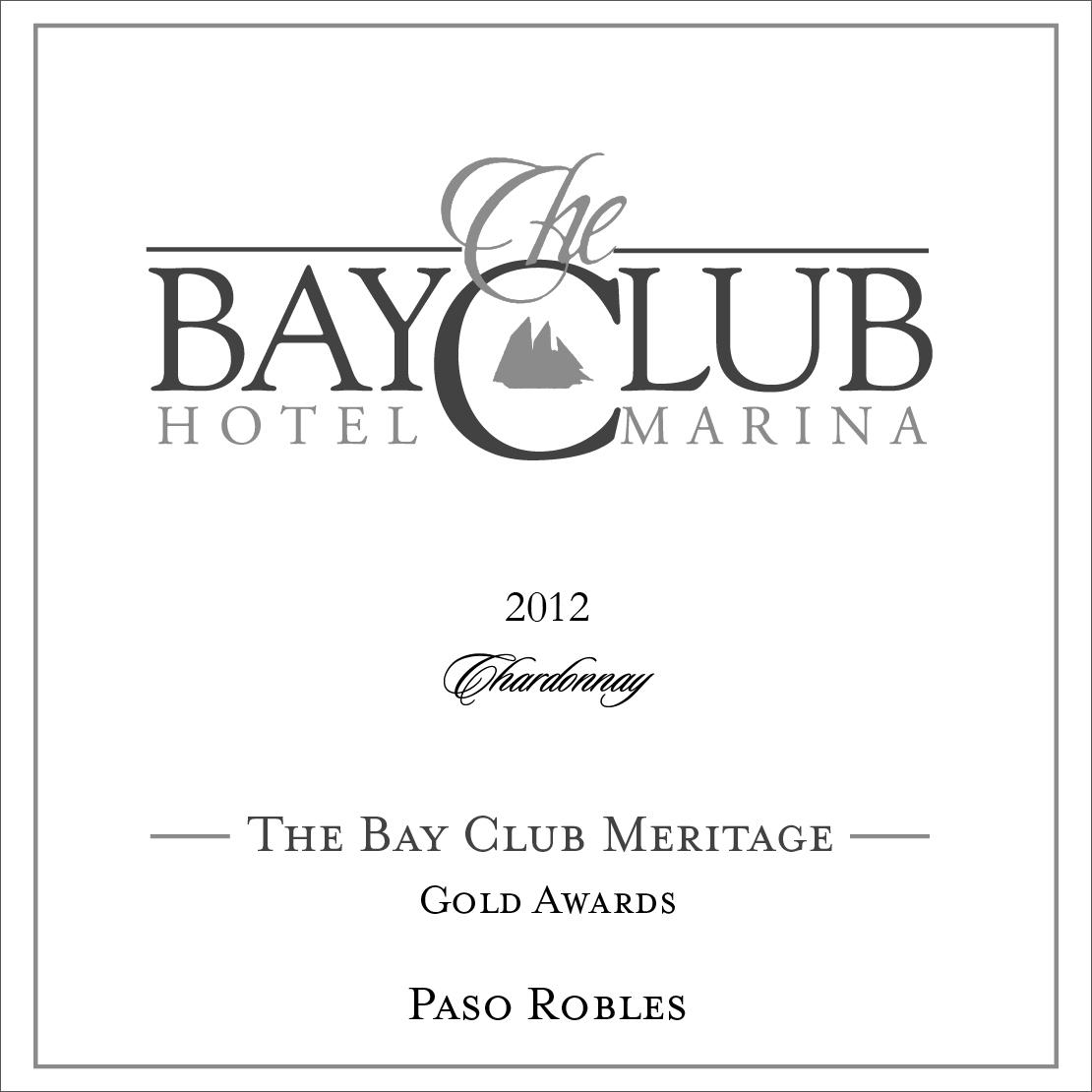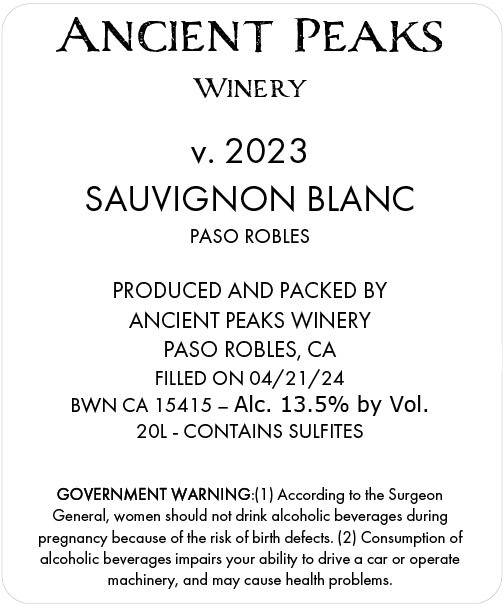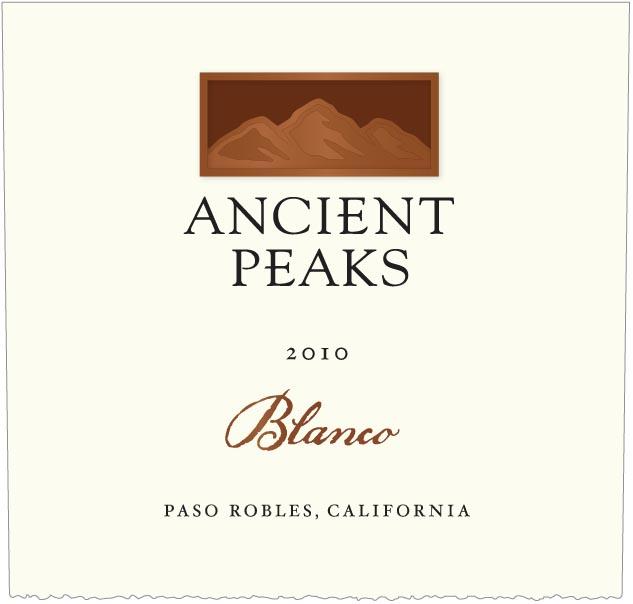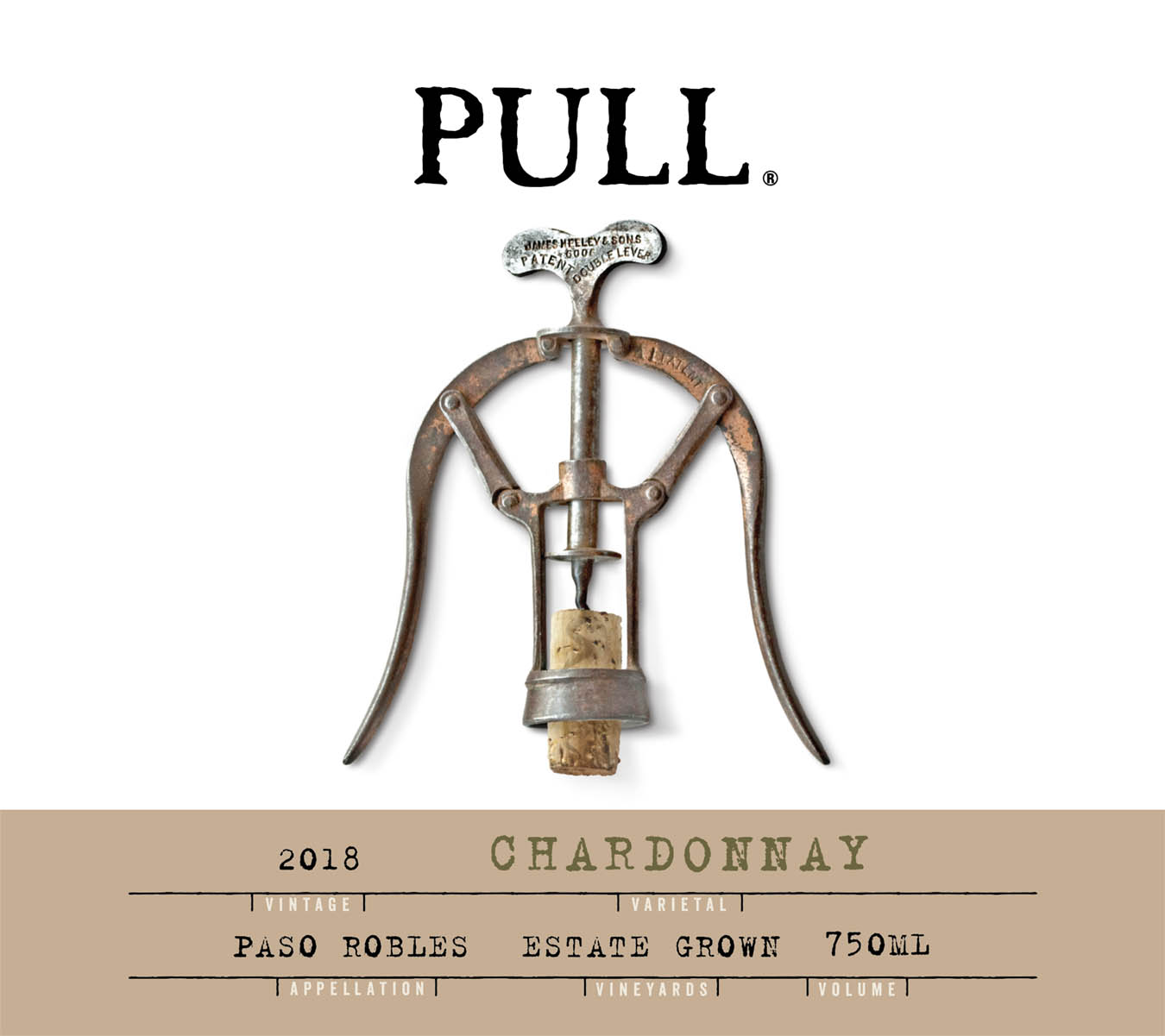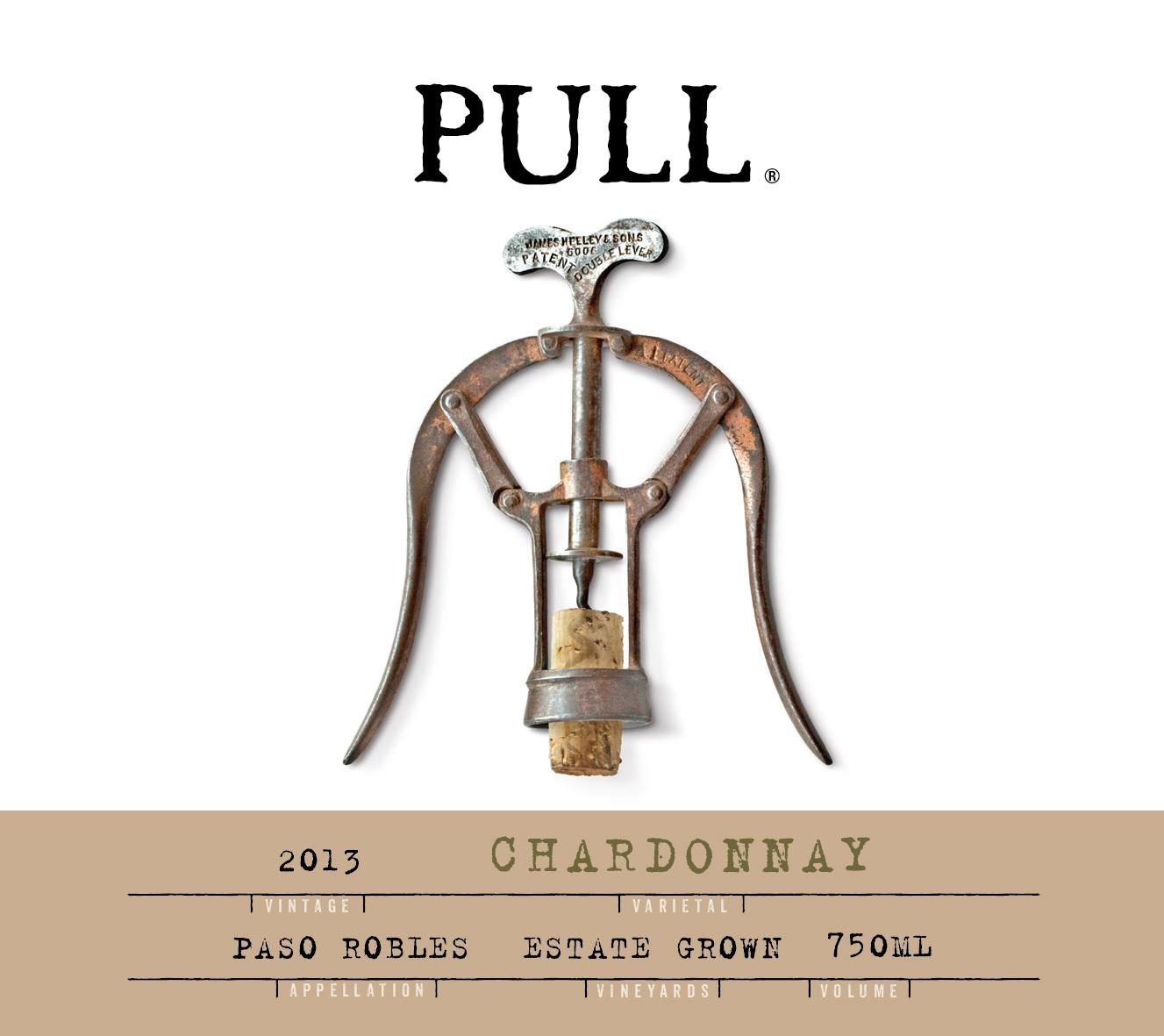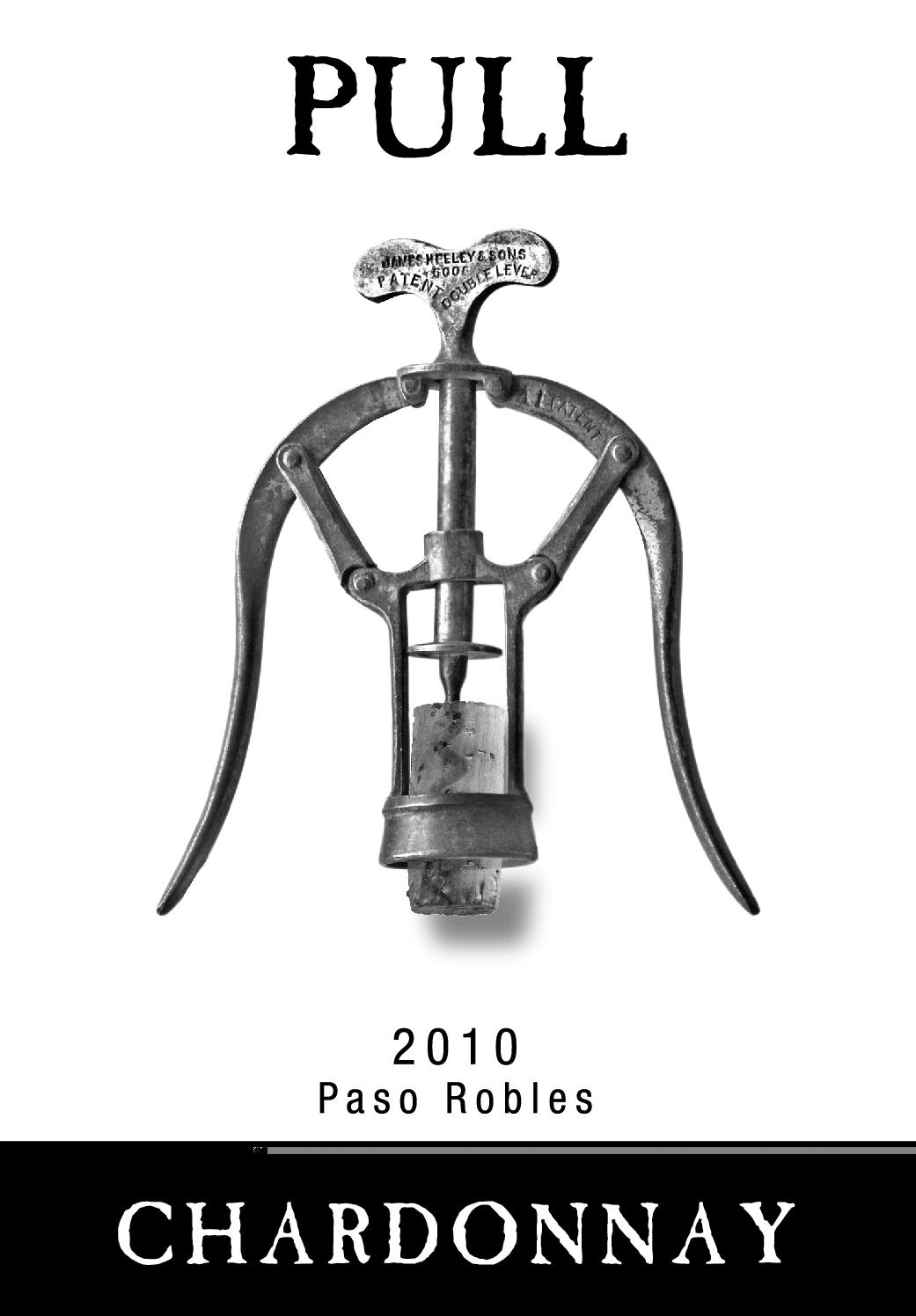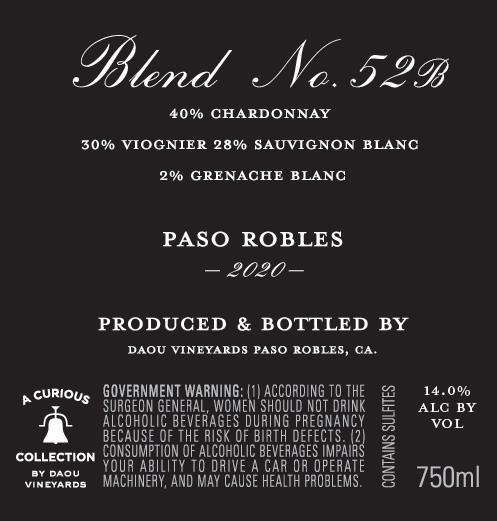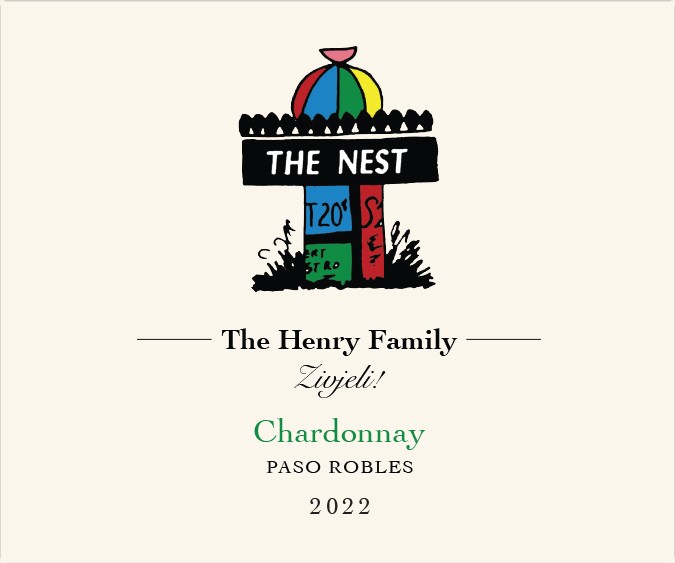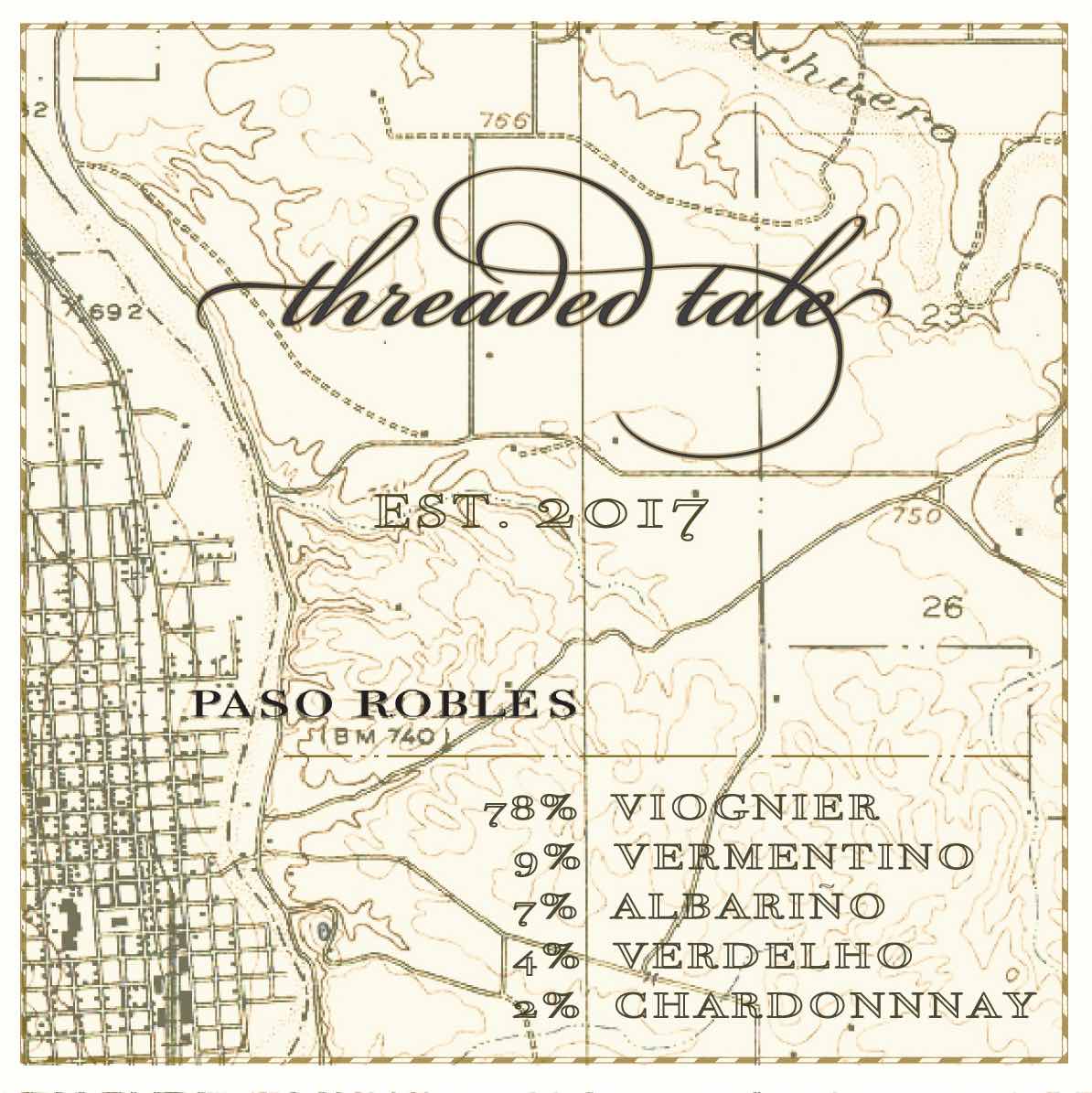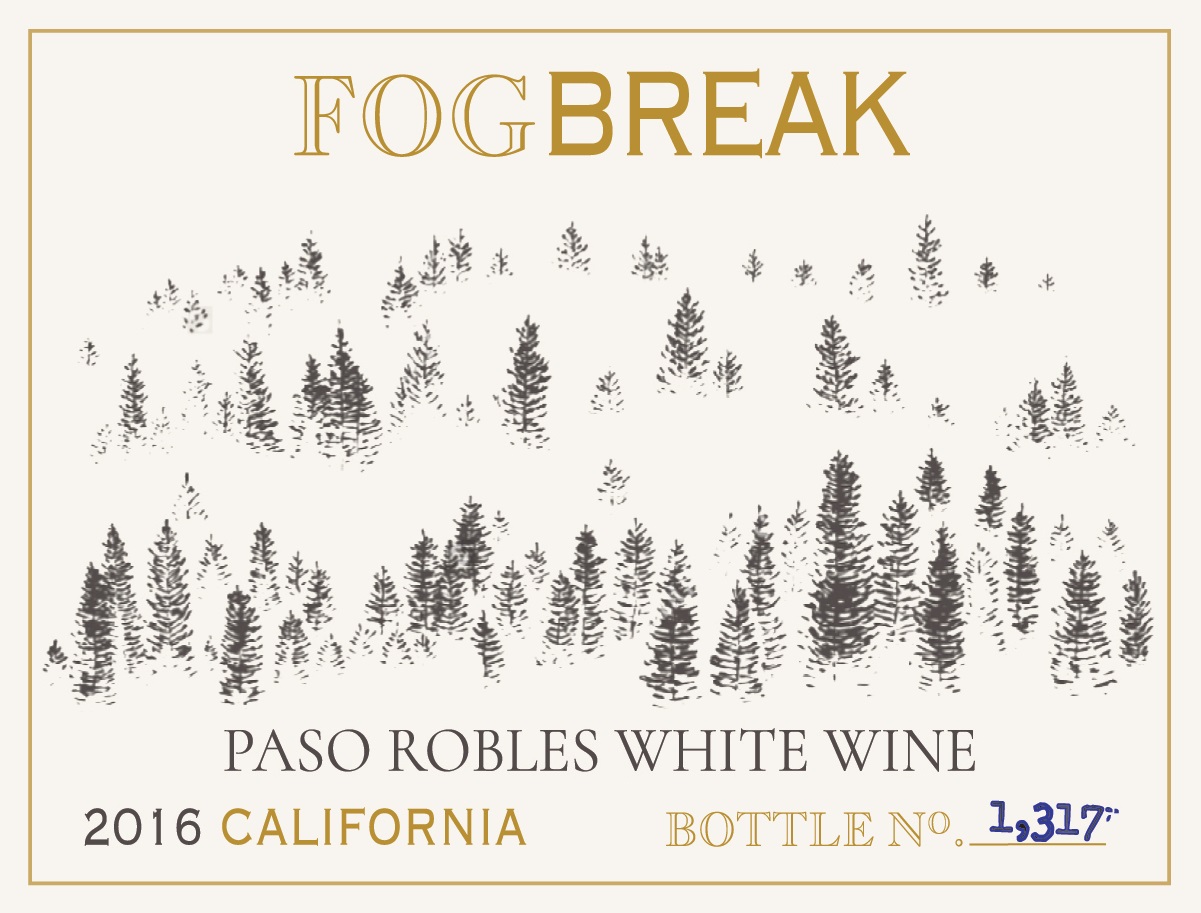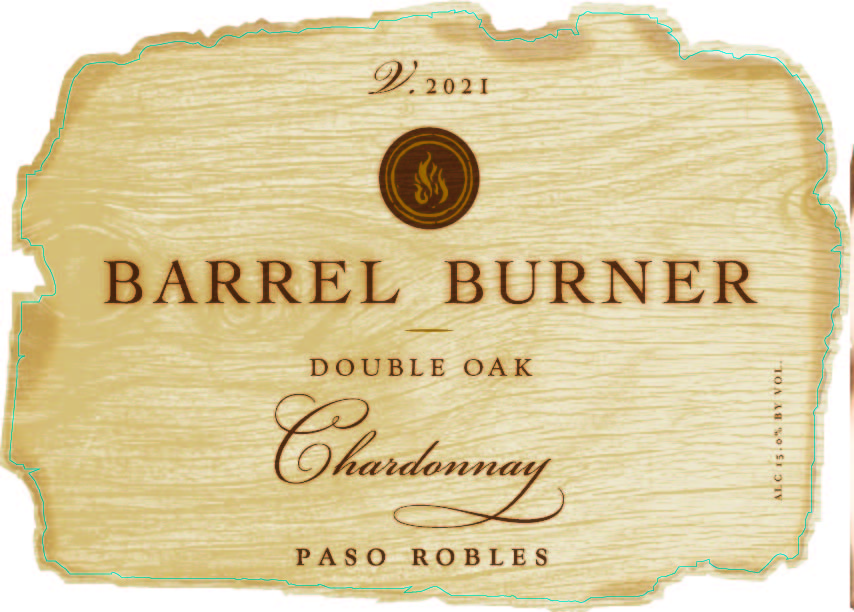Terroir of Paso Robles
Paso Robles offers a diverse terroir, with vineyards set between 300 to 2,200 feet above sea level. The landscape features an array of soils, from sandy loams in river valleys to rugged, rocky loams on hillsides. Notably, the region's calcareous soils, rich in lime from chalky shale and limestone, are rare in California and enhance the tannins and mineral flavors in wines.
The climate is warm Mediterranean, with daytime highs often reaching above 100°F, followed by cool nights due to ocean breezes. This significant temperature shift helps maintain acidity and prolongs the ripening period. Winters are mild with varying rainfall—less in the east and more in the west. These conditions support the full maturation of thick-skinned reds like Cabernet Sauvignon and Syrah, while preserving the freshness of aromatic whites such as Viognier and Grenache Blanc.
Notable Wineries in Paso Robles
Paso Robles, nestled along California's scenic Central Coast, is a hub for wine enthusiasts. With over 200 wineries, it spans from grand estates to cozy boutique cellars, each offering unique tasting experiences.
- Justin Vineyards & Winery: Established in 1981, renowned for its Bordeaux-style blends like "Isosceles" and premium Cabernet wines.
- Tablas Creek Vineyard: A pioneer of Rhône varieties, known for its organic and biodynamic practices, creating acclaimed blends like Patelin and Esprit.
- Saxum: Founded in 2003, praised for its luxurious blends of Syrah, Grenache, and Mourvèdre.
- L’Aventure: Celebrated for bold Rhône and Bordeaux-style blends, highly rated by critics.
- DAOU Vineyards: Located in the Adelaida District, famous for Cabernet Sauvignon and stunning hilltop views.
Sustainable Winemaking in Paso Robles
In Paso Robles, sustainability is a cornerstone of viticulture. Many growers embrace eco-friendly methods such as smart water techniques, including limited drip irrigation and dry-farming. The region is keen on soil conservation through cover crops, composting, and reduced tilling. Numerous vineyards are SIP certified, adopting organic and biodynamic practices to boost sustainability.
Renewable energy and efficient water recycling systems are prevalent, showing a commitment to reducing environmental impact. To minimize chemical use, beneficial insects, raptor perches, and owl boxes are employed for natural pest control. Vineyard and winery operations are increasingly using lighter glass, recycled materials, and energy-efficient lighting. These efforts ensure that Paso Robles’ vineyards and ecosystems remain vibrant for future generations, aligning with the region's dedication to maintaining its rich biodiversity and unique terroir.
Wine Tourism in Paso Robles
Paso Robles, with its stunning Central Coast location, is a thriving hub for wine tourism. Visitors can explore over 200 tasting rooms, experiencing both intimate boutique settings and grand estates. The region offers scenic drives and cycling routes through the picturesque vineyards of Downtown and Westside Hills. For those seeking relaxation, accommodations range from vineyard resorts to cozy inns, with hot springs nearby for unwinding.
The area's farm-to-table dining scene pairs local cuisine with regional wines, while festivals and events offer opportunities to engage with winemakers. Adventures extend beyond wine, with hiking, horseback riding, and golf set against the backdrop of the Santa Lucia foothills. Paso Robles seamlessly blends its laid-back charm with world-class wine experiences, making it a must-visit for wine enthusiasts.
